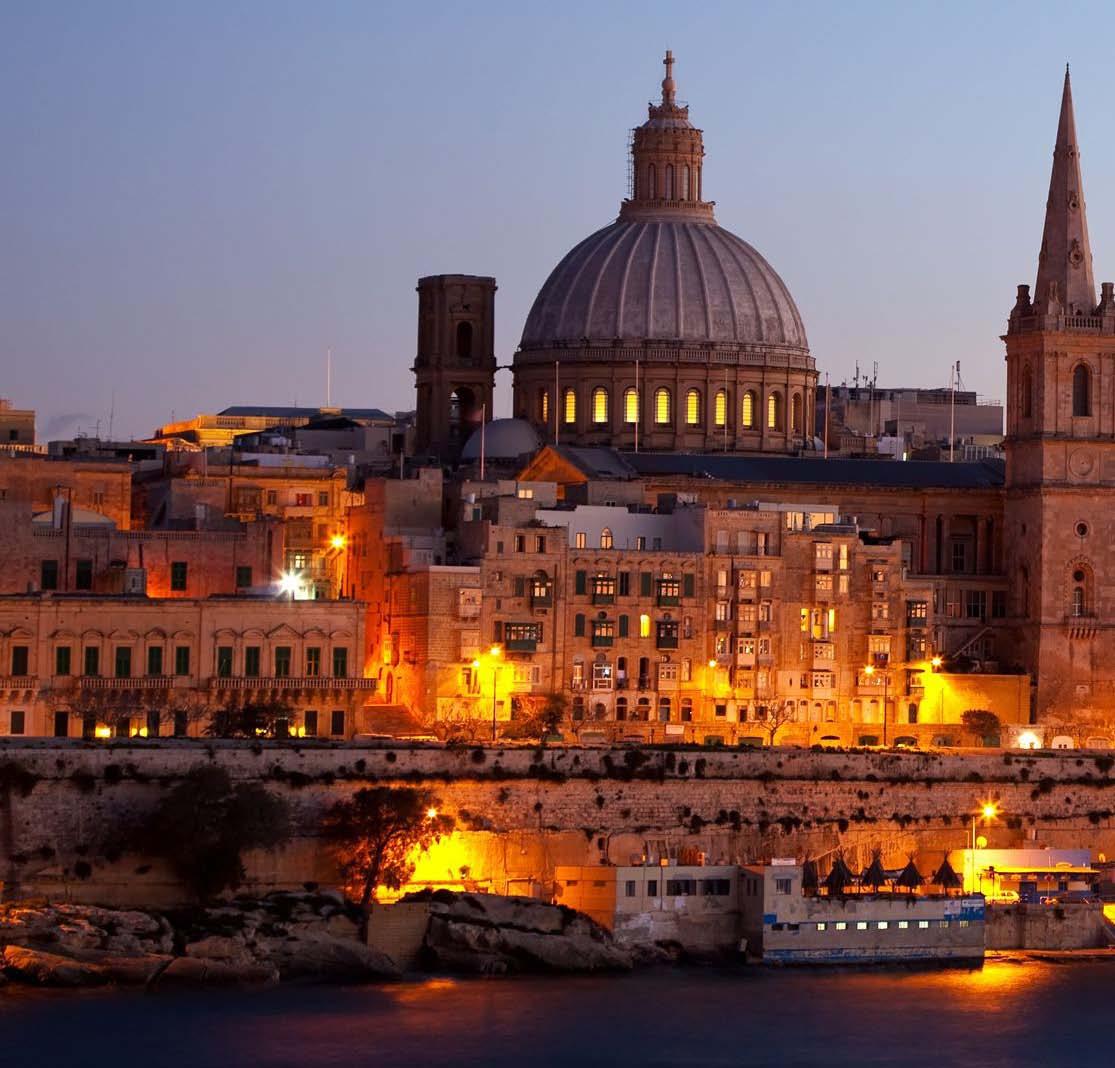


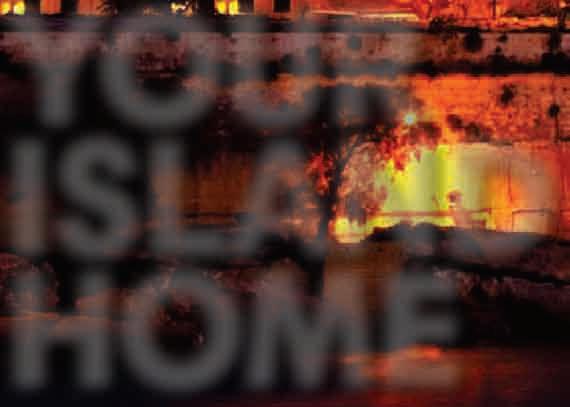



Discover a distinct land with 7,000 years of history, quaint towns and a coast indented with coves, beaches and picturesque villages.
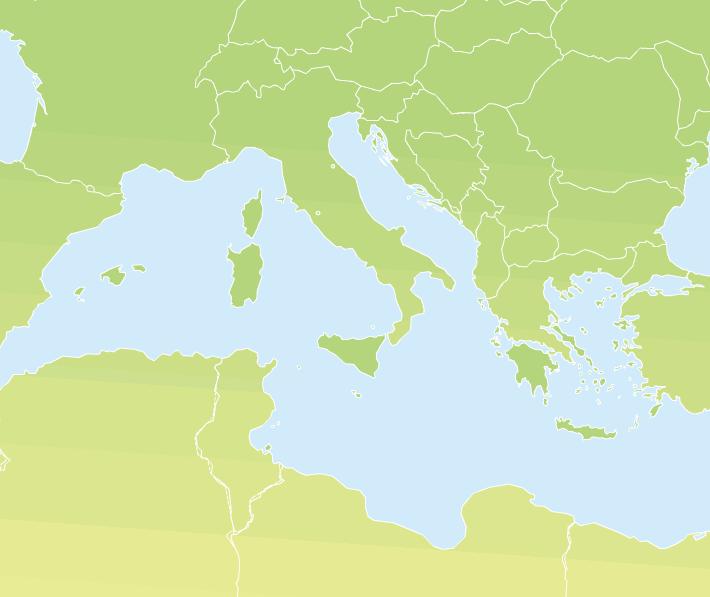








Discover a distinct land with 7,000 years of history, quaint towns and a coast indented with coves, beaches and picturesque villages.

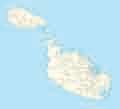
For a country half the size of London, Malta packs a mighty punch. It has archaeological sites older than the Pyramids, the Parthenon and even Stonehenge. The capital Valletta was once known to the ruling houses of Europe as ‘Superbissima’ – meaning ‘most proud’. Benjamin Disraeli named it ‘a city of palaces built by gentlemen for gentlemen’. UNESCO has put this marvellously well-preserved 16th century walled city on its elite list of World Heritage Sites, with its 320 monuments, palazzos and fortifications. It was also the European Capital of Culture for 2018.
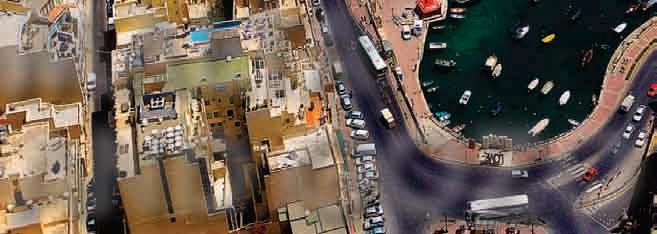
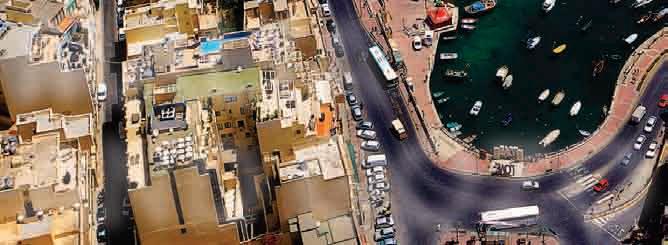
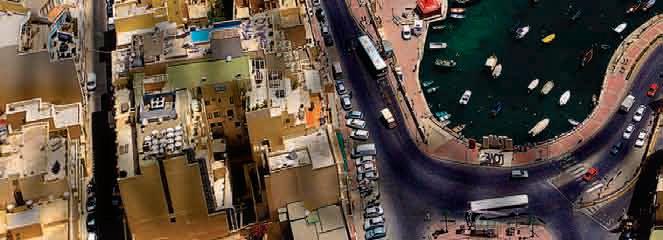
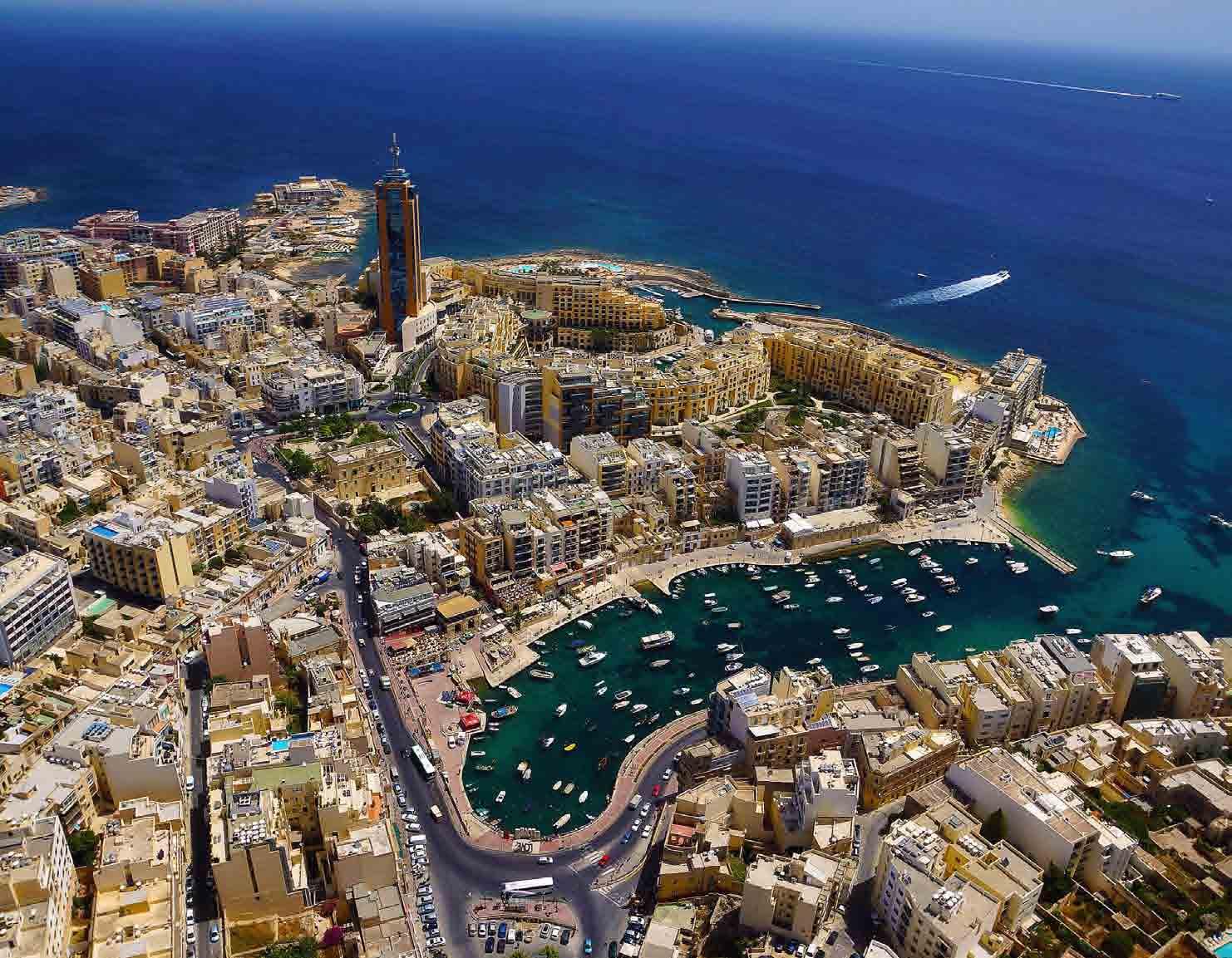
Then there are the Maltese themselves: apart and proud in the Mediterranean, drawn from stock so brave the whole country was given the George Cross for holding out against the Axis forces in World War II. Not that first-time visitors guess any of this when they fly in over low hills and terraced fields. It looks and sounds cosy and tame. The very name is a simple anagram of what the Phoenicians, one of the island’s many proprietors over the years, called it – Malat, meaning “safe haven”.
If you take a closer look you will discover a distinct land with 7,000 years of history – with quaint towns, and a coast indented with coves, beaches and tongue-trippingly named fishing
villages such as Marsaxlokk and Birzebbuga. Think of it as the aperitif to the history and heritage of the countries around it. But one thing you can never say is: ‘Malta reminds me of...’
Gozo is Malta’s smaller sister island – just 20 minutes away by ferry. On the way there one passes the tiny island of Comino, a place of solace and a hiker’s paradise surrounded by crystal blue seas. Gozo, said to be the mythical home of the nymph Calypso in Homer’s Odyssey, is greener and more rural than Malta, studded with Baroque churches and old farmhouses. Oleander, bougainvillea and geraniums create a luscious palette of colour in the summer, adding to the warmth and laidback lifestyle that the island has to offer.
These little Mediterranean islands are quietly prospering and steadily attracting foreign nationals. Property prices have not only consistently withstood international recessions and crises, but have ensured a gradual and steady appreciation. With its delightful lifestyle, Mediterranean climate and attractive incentives, Malta is surely a favourite spot to buy a holiday home, invest in or relocate to. At Frank Salt Real Estate, we can help you do so wisely and with full peace of mind.
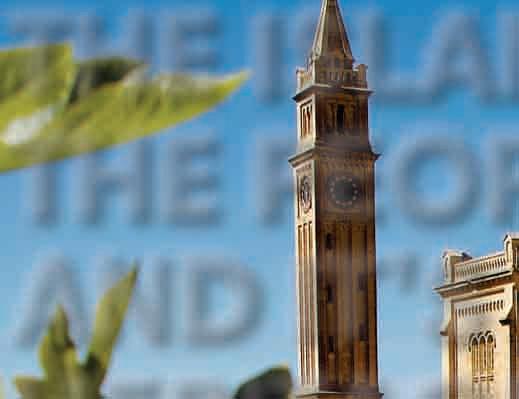
Situated right in the middle of the Mediterranean, the Maltese islands are some of the richest in the region – promising diverse culture, a dynamic history, welcoming people and wide-ranging attractions. Consisting of three main islands –Malta, Gozo and Comino, and a number of surrounding islets – the Maltese archipelago occupies an area of just 316 sq km, making it one of the smallest in the world. Yet, it is also one of the most densely populated, with over 460,000 residents. Only the three largest islands – Malta, Gozo and Comino – are inhabited.
The distances are remarkably short. The longest stretch across Malta is 27km and the widest 14km, while the corresponding figures for Gozo are 14km and 7km respectively. For international travel, though, they couldn’t be better placed, as the islands are enviably-located in the passageway between Africa and Europe – 93km south of Sicily and 288km north of Libya.
Malta’s coastline is well-indented with natural harbours, sandy beaches and flat rock coves. The island has no mountains – a series of terraced fields on hilly slopes characterises it. There are 67 villages that have a local council – 53 in Malta and 14 in Gozo. Most are built around a square or “piazza”, often with a baroque church, local bars and clubs at the centre.
Throughout Malta’s long and chequered history, the islands’ people came into contact with the many nations that dominated the Mediterranean. These relationships with people of so many different cultures made the Maltese among the most cosmopolitan in the world. The Maltese have developed and maintained characteristics that distinguish them as a peace-loving nation with a strong sense of hospitality. Another characteristic is their joviality, which springs mainly
from the agreeable, warm and sunny climate that prevails throughout the year.


With its relatively small size, Malta has one of the largest historical and cultural displays in the world. In fact, its 7,000 years of history dates back to 5200BC and starts with the arrival of man. Its strategic location in the narrow channel joining the eastern and the western basins of the Mediterranean, as well as acting as a bridge between Southern Europe and North Africa, has landed the Maltese Islands right in the middle of some of history’s most important events: the wars between Rome and Carthage, the rise of Islam and the Ottomans, the Order of the Knights of St John and the wars between Christians and Muslims, the rise and fall of Napoleon, the rise and fall of the British Empire, the fight for democracy against Nazism, and the rise of a United Europe.
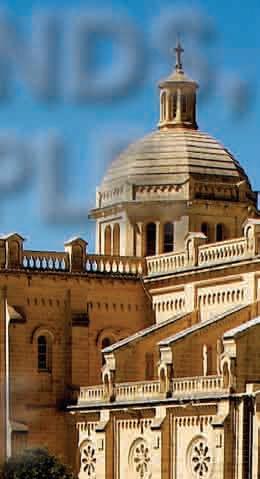
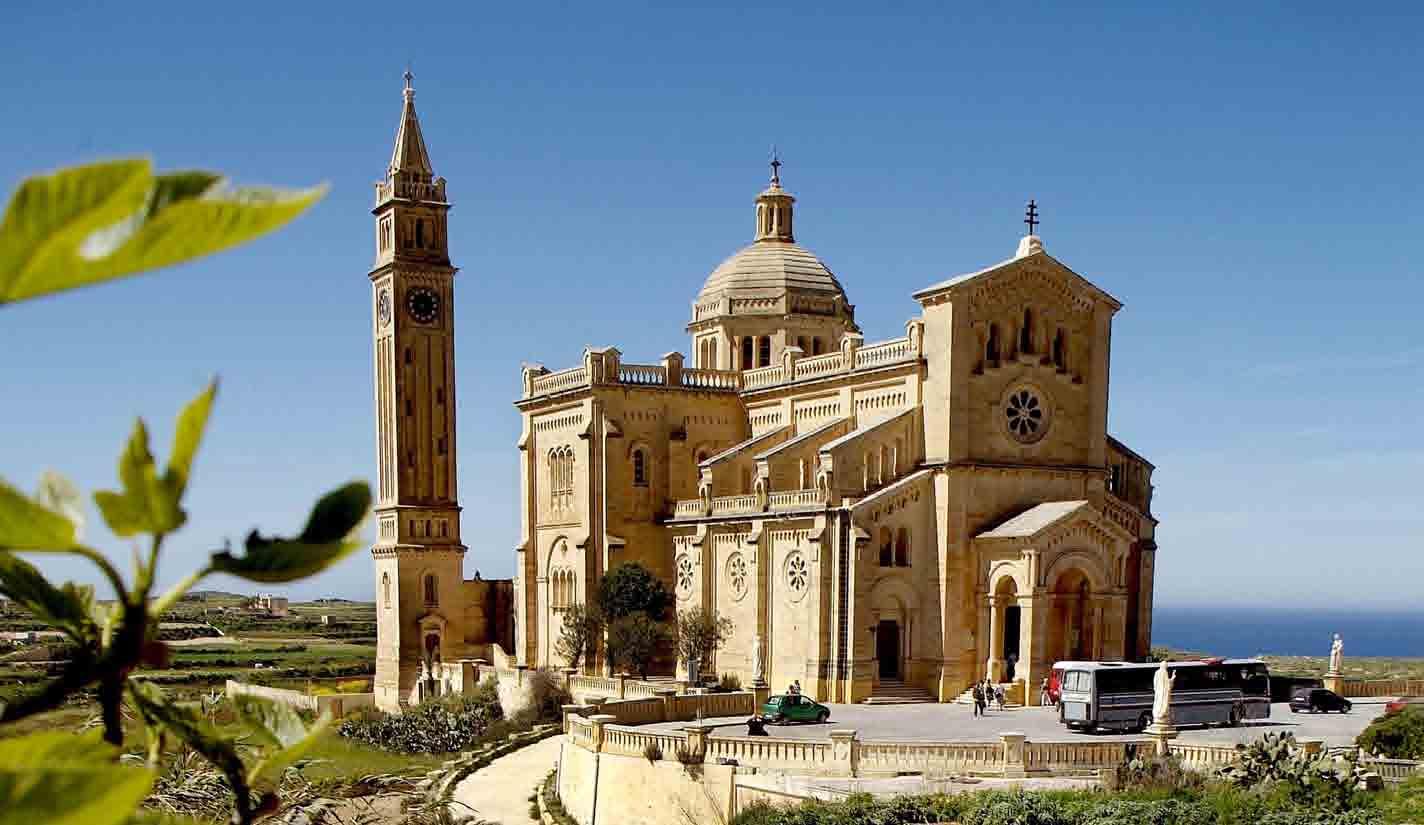
The national language is Maltese, however, both Maltese and English are official languages. English is consequently spoken and understood by most, while Italian, German and French are also commonly known. Among the islands’ key moments in recent history, it’s worth noting their independence from Britain in 1964, achievement of ‘Republic’ status in 1974 and membership of the European Union in 2004.
There is so much to love about the islands. Malta’s natural scenic wealth, its colourful culture and heritage, high standards of health, most agreeable climate, political stability and the friendliness of its people have turned it into a year-round holiday destination. The tourist sector is one of the most important sectors for the Maltese economy with around 1.5 million tourists visiting the islands every year.

The climate is warm and healthy with mild, moist winters and dry, hot summers. Frost and snow are unheard of. Rain falls only for very short periods, averaging 600mm in a whole year. Temperatures for November to April average at 14°C, while it’s 23°C for the May to October period (although it does get much hotter); the hottest period is from mid-July to mid-September. The daily average for sunshine hours in winter is 6.5 and in summer 10.5 hours. The average sea temperature stands at 20°C – the highest annual sea temperature in Europe; this reaches its lowest in January/February at 15-16 °C and rises to as high as 26°C in August. Malta’s perennial sunshine and unpolluted sea make it a holiday destination to which tourists like to return year after year.
Just over an hour’s flight to Rome and three hours to London, Malta is easily accessible from any continent, by ship and by plane. The national airline, AirMalta, operates regular flights to and from all major airports in Europe, North Africa, the Middle East and the Gulf states. Other international carriers, including low-cost carriers, operate regular scheduled flights to and from Malta on a weekly, if not daily, basis. Ryanair and Lufthansa also operate a hub from the island. A catamaran service operates between Malta and Sicily, the duration of which is one and a half hours.
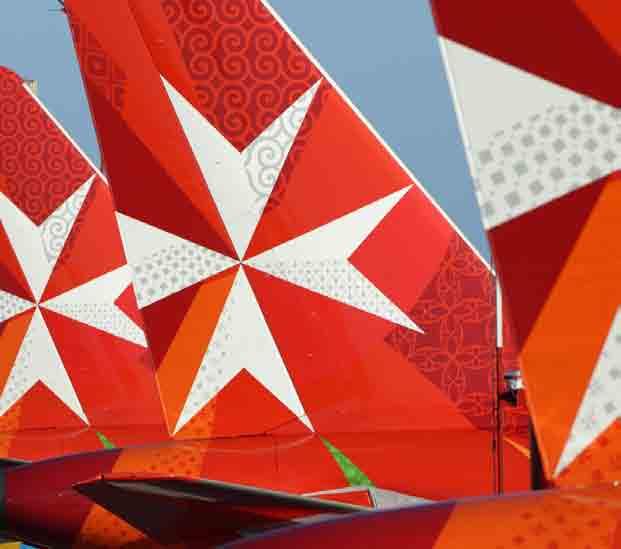
There is a regular ferry service that carries passengers and cars between Malta and Gozo, and this takes 20 minutes.
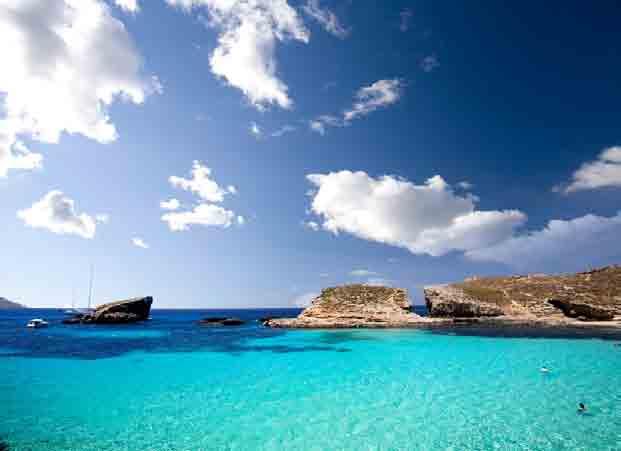
Flying times are: London- 3.05hrs, Amsterdam-3.05hrs, Frankfurt-2.35hrs, Paris 2.35hrs, Rome-1.15hrs.
Freedom of worship is guaranteed by the Malta Constitution. Whilst the great majority of Maltese profess the Catholic faith, other religious denominations have their place of worship in Malta.
Although a Catholic country with masses said in English as well as Maltese, there are also services available for most other denominations. The Anglican Cathedral of St Paul’s in Valletta and the Church of the Holy Trinity in Sliema have communion, matins and evensong on Sundays. The Union of the Church of Scotland and Methodist congregations meet at St Andrews (Scots) Church, South Street, Valletta, and the Jewish Synagogue is at 9, Spur Street, Valletta. There is one mosque, founded in 1978 by the World Islamic Call Society, an international association that promotes Islam.
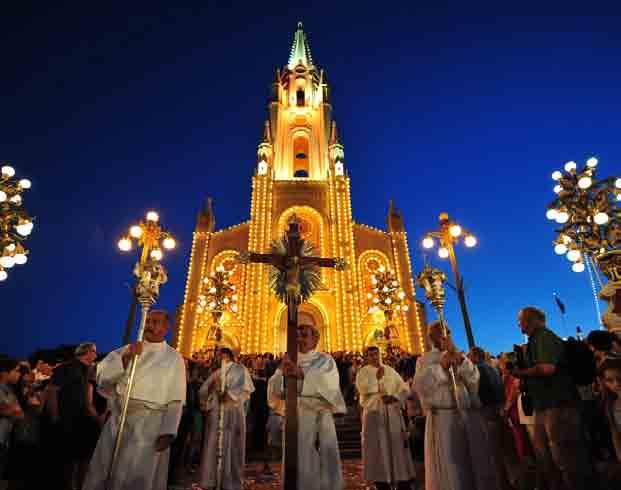
The Maltese Islands are a real paradise for divers and snorkellers. Even in a severe winter (which is extremely rare) the sea temperature never drops below 13°C. The seas around Malta are virtually tideless, and due to the small size of our islands, divers can shift to an alternative dive site very easily.
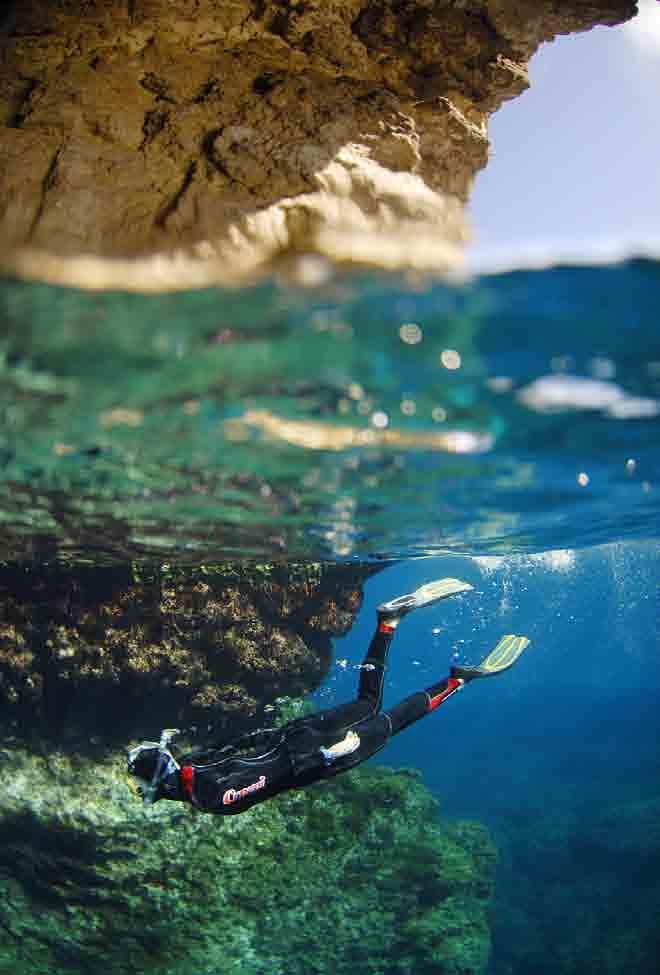
Boat dives take the diver to sites which are not so easily accessible, and the variety of dive sites, including wrecks, caves and others, are abundant. Spear fishing is absolutely forbidden as is removal and non-reporting of archaeological finds. Due to the excellent underwater visibility and the variety of flora and fauna, there is no other diving destination within easy reach which offers such good conditions for underwater photography.
The islands offer a well-developed infrastructure for divers, catering for even the most sophisticated demands, the Maltese Islands offer a wide choice of dive centres with a track record of some 30 years in the industry. Most centres run courses leading to internationally-recognised diving qualifications. The most common are the Professional Association of Diving Instructors (PADI), the British Sub-Aqua Club (BSAC) and the Confederation Mondiale des Activites Subaquatiques (CMAS). There are a number of very well-trained staff at the many diving schools. It is not necessary to bring along your own equipment as it is possible to lease equipment at a very favourable rate.
Malta has a free state school system with optional private education. Both day and boarding facilities exist and school fees are relatively reasonable. Lessons in private schools are taught in English, and the curriculum is very closely-aligned to the British system, with students sitting for Ordinary and Advanced level examinations to qualify for entrance into the University of Malta, as well as universities overseas. Standards of education are high with English being the language of instruction for most subjects at all levels of the education system. As already stated, English is an official language and many Maltese are also fluent in Italian. Many students also choose to take up French and German.
Malta can boast of having the oldest university in the Commonwealth outside Britain, and it provides education for more than 10,000 students in all the major disciplines. The vocational and technical education systems offer courses in applied electronics, design, IT and others. A number of international universities also hold institutes or representatives in Malta.
The principal sports club in Malta is the Marsa Sports Club, which is spread over a large area, offering facilities for tennis, an 18-hole golf-course, cricket, squash, swimming, general fitness and lots more. The Union Club in Sliema, on the other hand, is very much favoured by foreign residents for its pleasant clubhouse and restaurant. It has a bar, bridge room, barber and some excellent tennis and squash courts. In summer open-air dances are held on Saturdays. Other clubs do exist, often with very reasonable membership fees.
A number of expats and residents associations are also popular in Malta, some are international while others are specific to particular nationalities, such as Scandinavians, Russians, South Africans, British, French, and so on. These organise many social and cultural events all year round.
When importing pets to Malta, you must make sure to have had the procedures carried out in the correct order and know that all the pet’s documentation is correctly completed. If not, the pet may not be able to enter the country or may have to be withheld in quarantine on arrival. Rules depend on which country one is travelling into Malta from. More info can be obtained from the Malta Veterinary Association.
Medical services in Malta are very good and facilities are easily-accessible, with a major general hospital (and a smaller one in Gozo) equipped with modern facilities. Specialists for the various disciplines in the hospital have obtained their higher post-graduate qualifications overseas, mainly from UK. There is also a number of peripheral health centres open day and night, these are known as polyclinics. Private medical care is available to and, apart from general practitioner services, there are a number of private hospitals and small private clinics where various procedures can be carried out. EU citizens, resident in Malta, are entitled to free public healthcare services in accordance with entitlements, as determined from time to time by the Ministry of Health. Their entitlement has to be confirmed with, and certified by, the Entitlement Unit with the Ministry of Health. The applicant must be in possession of the appropriate e-form signifying their entitlement to health care under the Social Security registration in their country of origin. This official certification, together with a personal identification document, will be sufficient to receive care through public healthcare services.
Temporary visitors (who are here for less than one year) from EU and EEA states have direct access to healthcare from publicly-funded healthcare services upon presentation of The European Health Insurance Card together with an identification document. The Government of Malta is not in any way responsible for any treatment or care given to EU or non-EU citizens in private hospitals or health centres, or by practitioners of any sort in their private capacity. There are, however, a number of private medical insurance companies operating in Malta that cater for such cases.
The Maltese islands provide an indented coastline of around 260km with clean and crystal clear waters, making a cruise around the islands a real delight. The sailing season stretches from April to November and, even in the remaining winter months, sunny days are never far away.

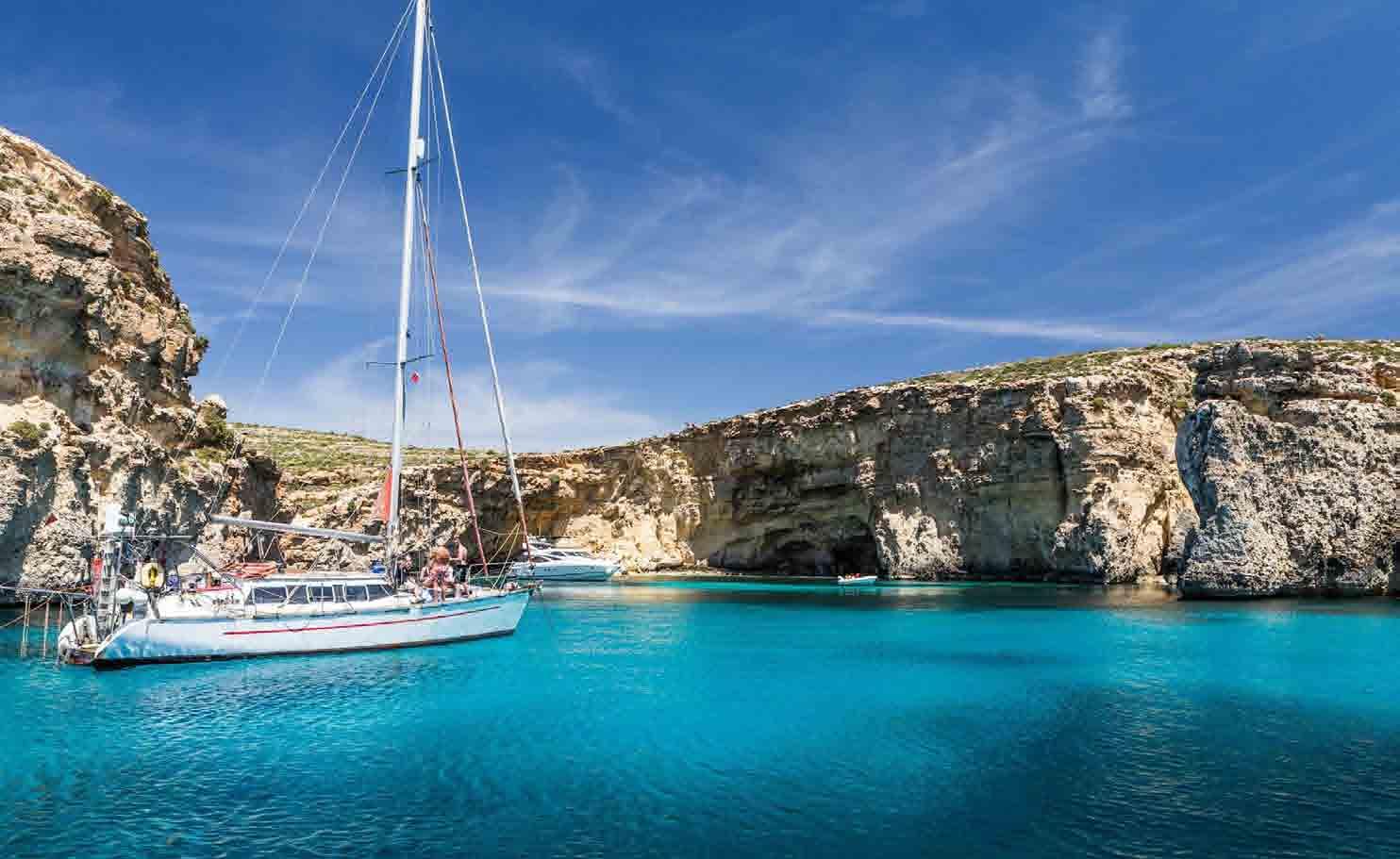
Yachts from all over the world can make use of yachting facilities at the excellent marinas in Msida, Ta’-Xbiex, Mgarr (Gozo), and at the beautiful historic creek of Cottonera at very reasonable rates. Malta is recognised as a suitable base for wintering one’s yacht. Maintenance during the mild winter months is not a problem. Excellent repair facilities exist and charges for hauling out and storing on hard are very fair. Several yachting agencies, which operate from the proximity of the yachting centres, undertake to look after yachts afloat over the winter and also carry out necessary maintenance work. A yacht yard, comprising of nine modern slipways, is in full operation and has facilities for slipping, repairing, converting and servicing of yachts of all sizes up to 500 tons.
On transfer of residence to Malta, used cars (ie those that are more than 6 months old or have driven more than 6,000 km) originating from EU Member States are not subject to VAT on cost (CIF). However, they are subject to the full registration tax. In the case of new cars originating from EU countries, these are subject to VAT on CIF value and registration tax. Cars originating from non-EU countries are also subject to customs duty. Owners of used cars are to notify Transport Malta of the vehicle’s arrival in Malta, and to register it within 15 days.
Minimum values of registration tax apply for non-EU vehicles that are more than four years old, depending on the CO2 of the vehicle. On registration of used cars, owners need to produce local VRT certificates, a local insurance policy and original Registration Certificate (logbook). In the case of new cars, a copy of the invoice and certificate of conformity will be required.

Citizens of EU Member States may freely bring in their household effects without any restrictions, except for firearms and weapons of any kind. Vehicles are not considered as household effects and registration taxes are still imposed when one transfers his residence to Malta.
Citizens of other states must prove that there is a transfer of residence to Malta in order to freely bring in their effects without the payment of any dues.
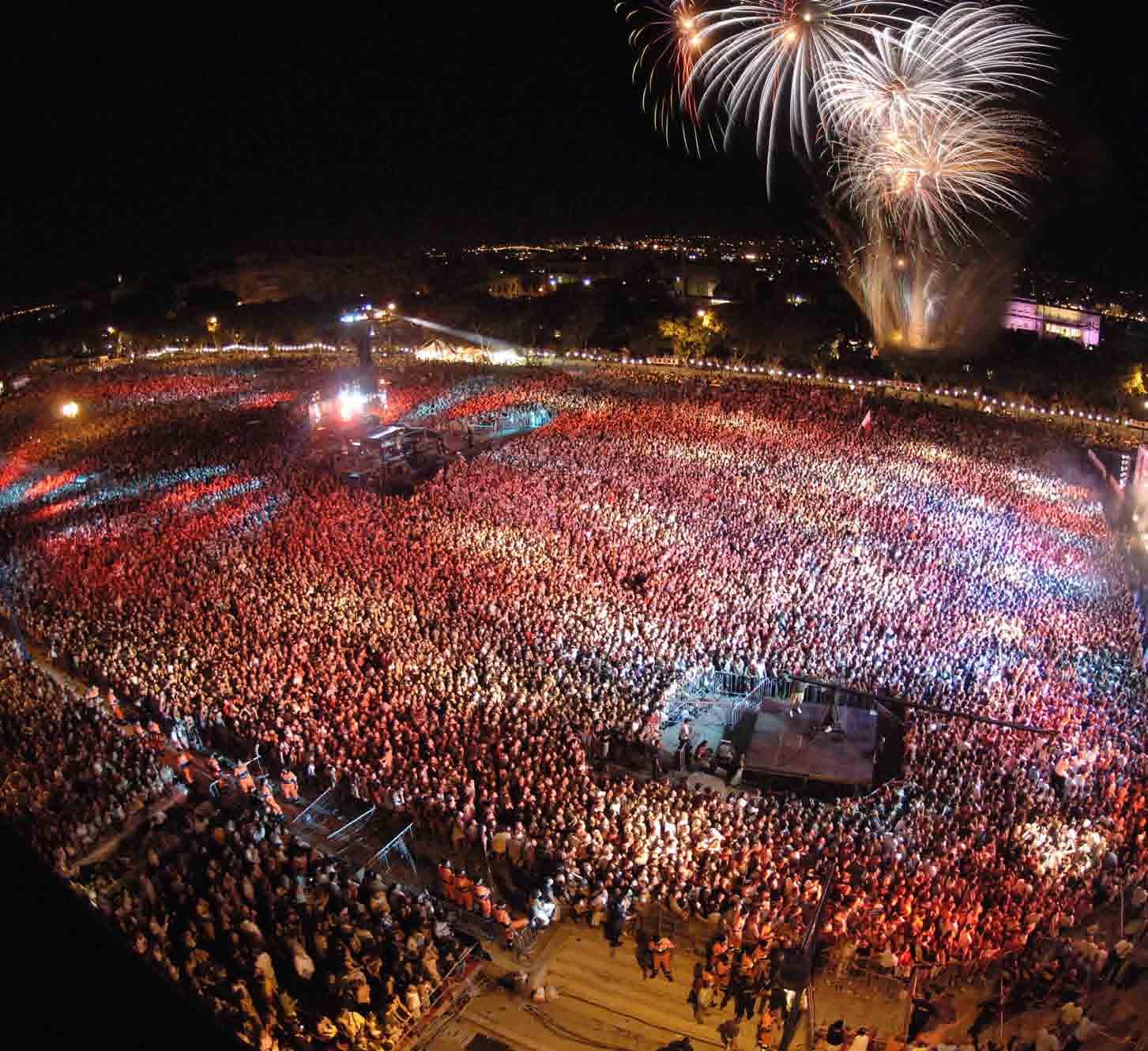
Typical of the Mediterranean lifestyle, the locals’ approach is to enjoy and celebrate as much as possible. The Islands have a vibrant cultural calendar of theatre and concerts, both classical and modern, many of which are held outdoors or in historic venues. There are also annual cultural events, such as the Malta Arts Festival, the International Jazz Festival, the Valletta Baroque Festival and the International Fireworks Festival, to mention just a few.
Malta is fast becoming a nightlife and clubbing hub. Top international DJs perform throughout the year at state-ofthe-art venues that are creatively designed to attract larger, wilder crowds. This scene thrives all year round and is an all-week affair in a variety of venues, from large clubs to quieter bars where some excellent House DJs entertain and
the admission is free. The main nightlife clubbing action is in Paceville, on the coast near St. Julians, where the clubs and bars are in abundance. For excitement of a different kind, try your luck at the casino. Dining al fresco is one of life’s simple pleasures.
Choose from romantic palazzos to bustling harbour restaurants and discover the range of Maltese cuisine, wine and beer. International cuisine is available everywhere. For a lively night out, nothing beats a summer festa. Saints, fireworks, food and fun are all part of this cultural phenomenon; one not to be missed.
Detached or semi-detached residences with surrounding gardens which may also have a private or communal pool. While a bungalow has all of its main accommodation on one level, a villa is normally spread over two levels. Detached properties are normally built on about one third of an acre of land.
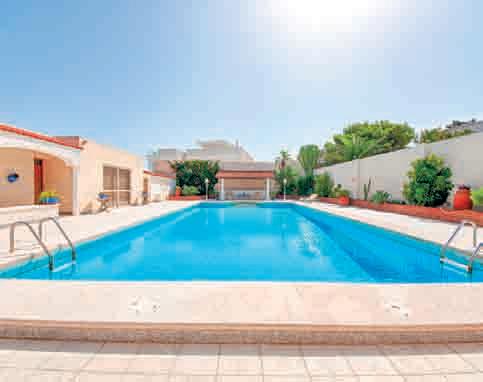
Modern, two-storey residences. These properties are normally found along wide streets adjacent to each other in newly-developed locations, usually with at least a 6m frontage, garage, back and front garden or yard, and three-bedroomed accommodation. Prices vary according to the location and standard of finish.
For many years locals and foreigners have been buying old, unconverted farmhouses or town houses. These have then been converted to include all the modern finishes required from a contemporary home, while still retaining all the charm and character that these unique properties offer. They make lovely homes with stone arches, wooden beams, sunny central courtyards, gardens with swimming pools, and much more. These houses of character may be bought in a converted or unconverted state, within a village, town or out in the countryside.
These are the most common type of residences on the islands – ranging from studios ideal as a bachelor pad or pied-à-terre, to large seafront apartments or penthouses with spacious terraces and breath-taking views of the crystal clear Mediterranean Sea. You could buy into a small independent block or one of the larger developments with facilities such as communal pools, marinas and communal gardens. Most apartments along the coast and on high ground enjoy superb sea and country views. Maisonettes are an apartment variation, also forming part of a block, but with their own independent front door. The ground floor unit typically has its own back yard or garden, and the top floor unit has its own roof terrace.
Malta and Gozo boast of a good selection of luxury property developments that have been earmarked by the local authorities as Special Designated Areas, where there are absolutely no restrictions on foreigner acquisitions. Spread across the two islands, these areas represent recently-constructed developments intended to provide top-end residential properties, often consisting of a cluster of apartments, maisonettes and penthouses built with a common theme on an extensive piece of land, and usually enhanced by their location, amenities and finishes. These include, among others, Portomaso and Pendergardens in St Julians, Tigné Point and Fort Cambridge in Sliema, Fort Chambray and the Kempinsky Residences in Gozo, Tas-Sellum Village in Mellieha, St Angelo Mansions at the Vittoriosa Marina, and Madliena Village, Ta’ Monita, Metropolis and Smart City.
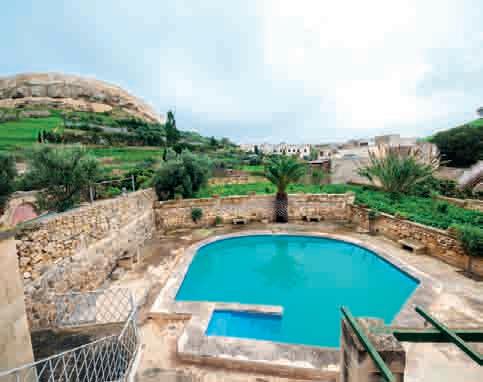
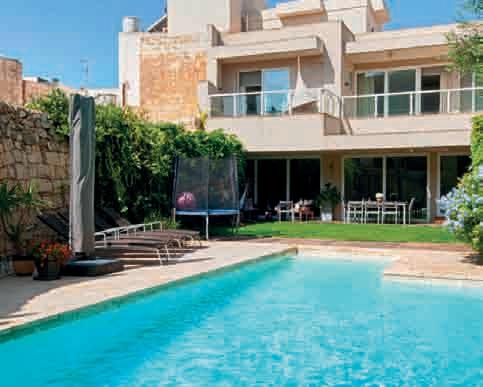
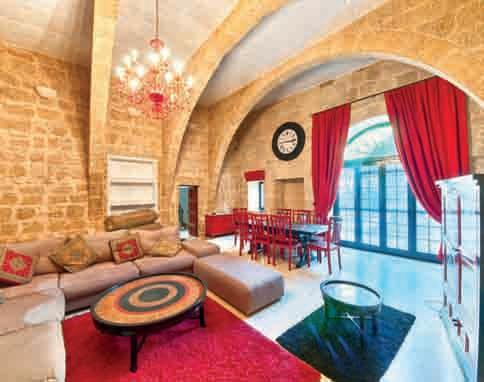
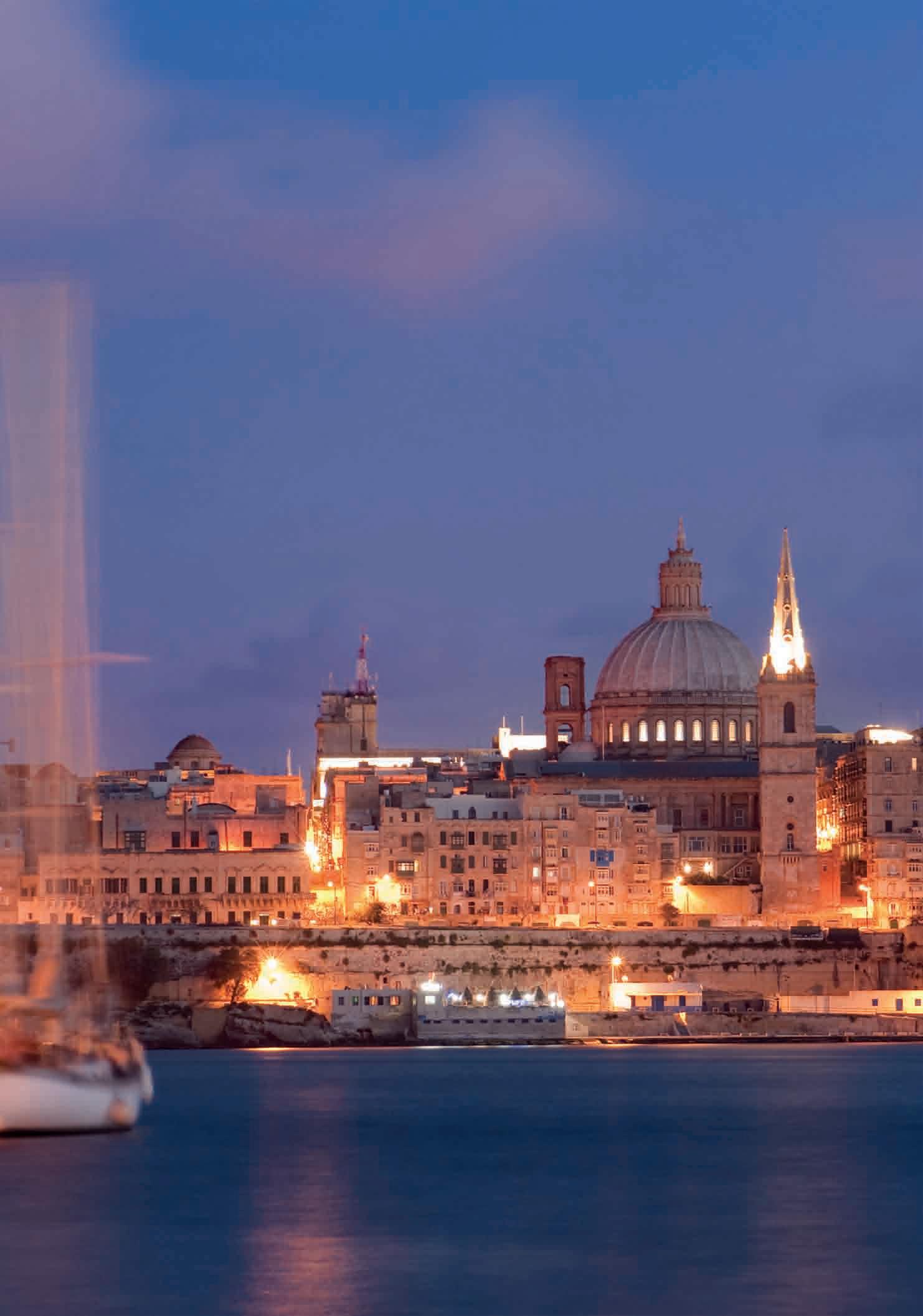



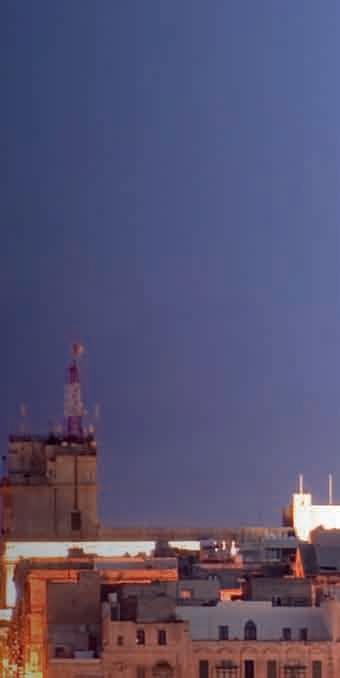
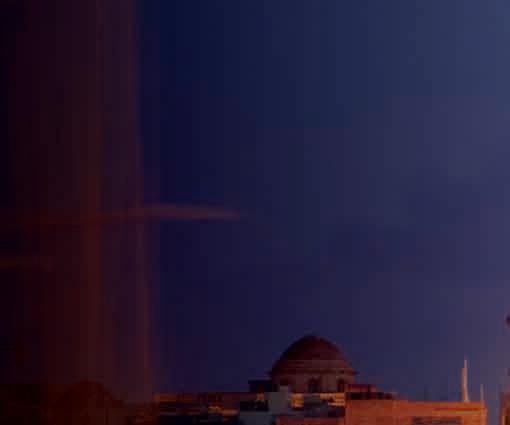
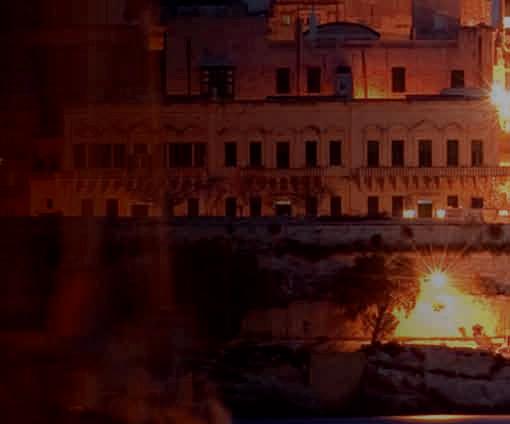
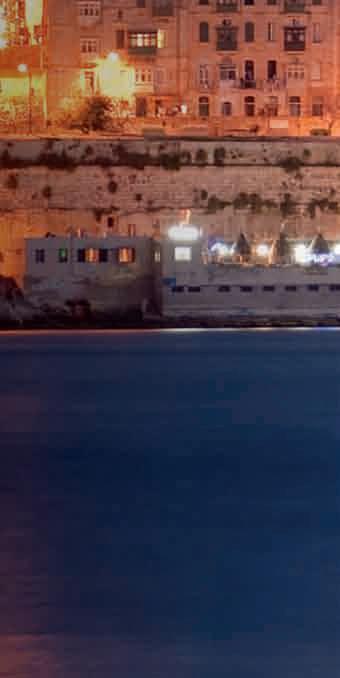


With more than 50 years of experience Frank Salt Real Estate has established itself as the leading, independent real estate agency in Malta and Gozo, dealing mainly with the sale and letting of residential and commercial properties.

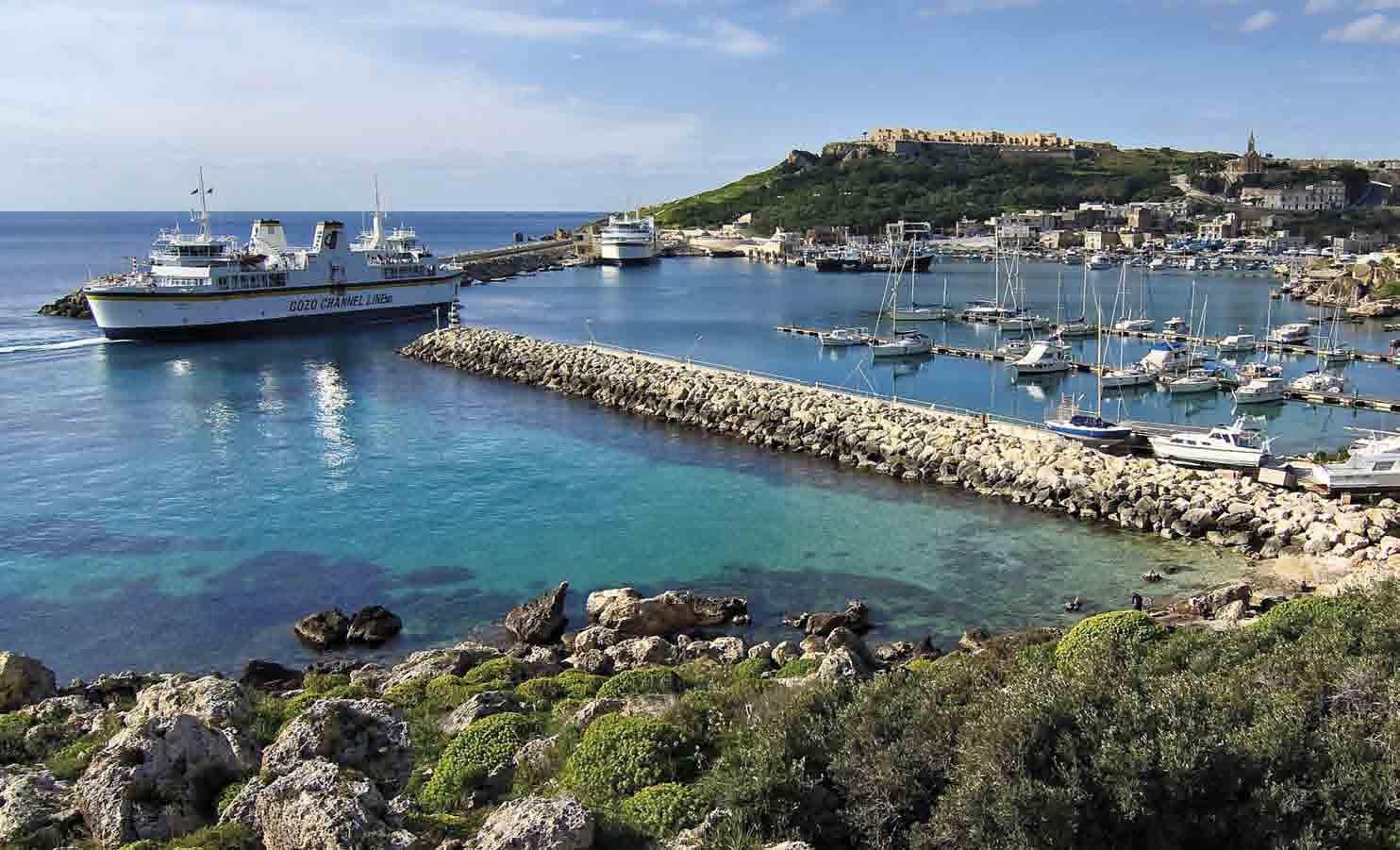
The directors of the company have always maintained a very high degree of respectability and honesty in their dealings with the general public.


Mr Frank Salt, the company’s founder and chairman, was instrumental in the setting up of the local Association of Estate Agents.
Today the company is still run by members of the Salt family, mainly by Douglas and Grahame Salt, sons of Mr Frank Salt, along with directors Darren De Domenico, Marie Grech, George Vassallo and Jonathan Sammut, who spearhead the management team of Frank Salt Real Estate. Along with the company chairman Mr Frank Salt, the board of directors includes previous Managing Director Joseph Lupi and Frank Salt’s daughter, Alison Vella.
The company’s head offices are situated in St Julian’s, spread over four floors and manned by a team of over 30 personnel, not including sales and letting consultants. The head office also houses the St Julian’s Sales branch, as well as the St Julians Letting division. A fully-fledged Commercial Property branch is across the road in Portomaso. Regional branches are located in Sliema, including one which houses the Sliema Letting division, Spinola, St Paul’s Bay, Mellieha, Marsascala, Balzan, Fgura, Mosta, Cospicua, Ibrag, San Gwann, and Gozo. The company also holds Letting divisions at these branches. As part of the Frank Salt Real Estate Group, the company also operates a luxury property branch in Sliema,
branded as “Homes of Quality”, and a property development company under the name of “Berkeley Investment”.
The company aspires to never letting a customer down and has always provided an excellent and comprehensive service. The staff at Frank Salt Real Estate have all been very highly trained in order to give the very best possible service. Specific in-house training programmes have been developed, complemented by other external training. All new members are submitted to a rigorous 12-week induction and training programme, which is then supported by on-going training sessions, ensuring continuous personal development for the full team. The company’s reputation among local clientele is second to none and, with regards to the foreign market, Frank Salt Real Estate has always done its utmost to help foreign purchasers not only purchase or rent a property in Malta or Gozo, but also on a much deeper level – from the moment they purchase their property, right through to settling in. In addition, property management and interior design are offered through specifically set up divisions at the company’s headquarters.
In Malta, Frank Salt Real Estate is one of the few real estate companies that has fully-fledged and distinct departments for operational functions in respect of Marketing, Human Resources, Accounting, Overseas Clients, ICT and Business Development.

To conduct a service, selling or letting real estate in the Maltese Islands, in a fair and ethical manner. To conduct ourselves in all property transactions, in a manner that would in no way cause bad feeling or disappointment towards our company or staff.
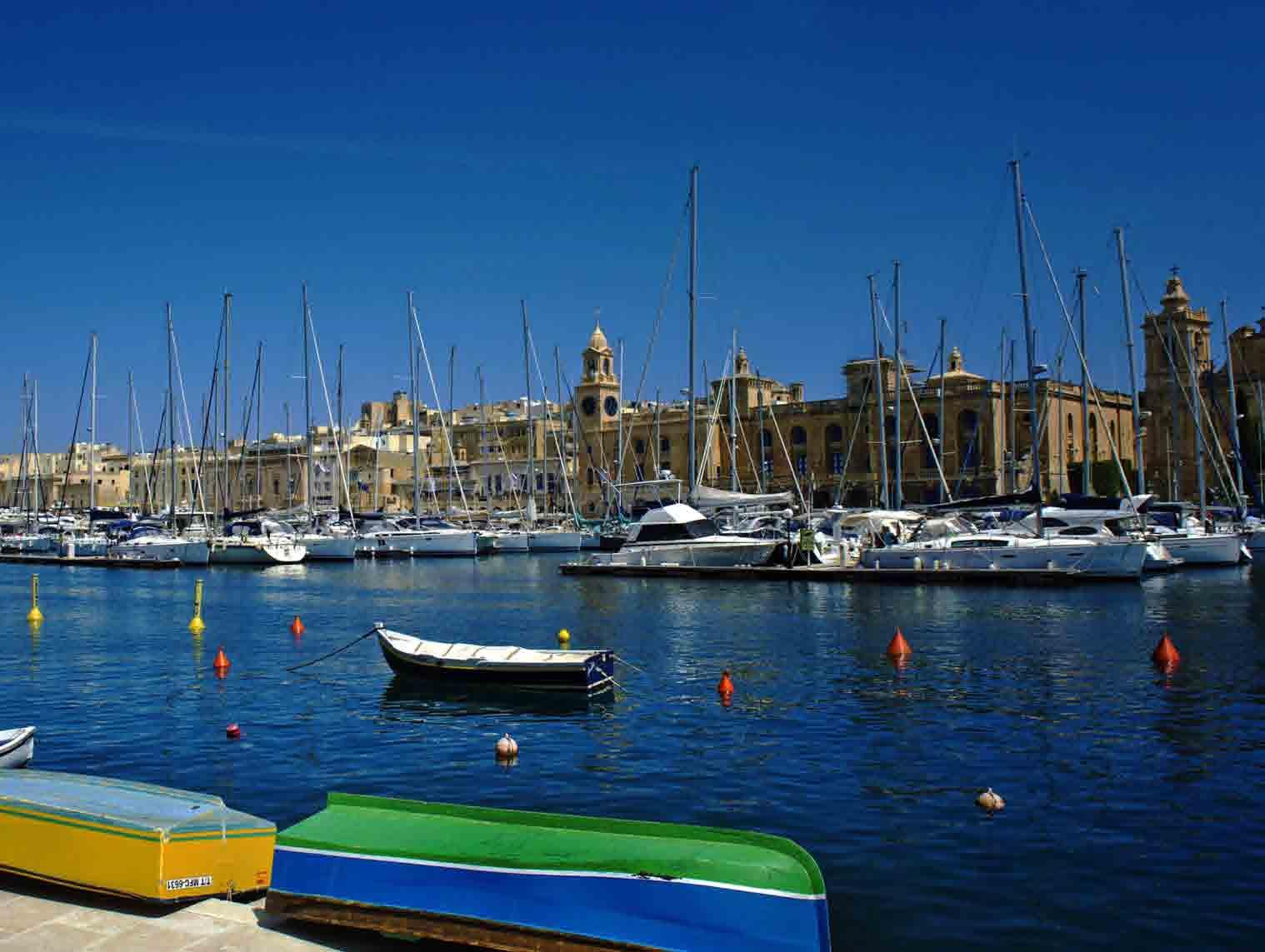
To attempt to register with our company, all property, whether for sale or to rent, residential or commercial, at a fair market price, and to negotiate in a fair and ethical manner the sale or letting of these properties, as well as to conclude the sale or let in a manner that is acceptable to both owners and tenants/ purchasers.

To conduct ourselves, when promoting or advertising property, in a way that will command respect and acceptance from the owners of the properties that we are entrusted to promote.

To do our utmost to promote the properties for sale or rent to the tenant/purchaser in a fair manner and to arrange for all the necessary contracts. To ensure that both parties have the least inconvenience possible as they move through the various procedures leading to the eventual conclusion of the sale or let.
To be leaders in the field of real estate in Malta and Gozo and to always strive to be at the forefront in all methods of promoting real estate through any media and in a manner that is effective for our clients.
To ensure that all our staff, whether administrative, secretarial or sales, are well-trained and supported in order to give the very best and most informative service available to our internal and external clients.
To ensure that we have a network of Branch Offices that is always fully-equipped and well-organised in order to give the very best service possible to our clients, in all areas of the Maltese Islands.
To ensure that our company has the very best relations with all the legal professions and banking institutions that deal with real estate in Malta and Gozo, so that sales and letting transactions carried out through our offices can be conducted effectively and with complete trust.

At Frank Salt Real Estate we pride ourselves in having one of the largest databases of properties throughout Malta and Gozo. Whether you are looking for a holiday apartment, a comfortable home to relocate or retire to, or a secure property investment, we offer a vast selection of good-value residences to suit anyone’s taste. The choice is yours – a studio flat, a spacious villa with gardens, a penthouse with breathtaking views of the beautiful Mediterranean Sea, or a secluded farmhouse (converted or unconverted) surrounded by the Maltese countryside.
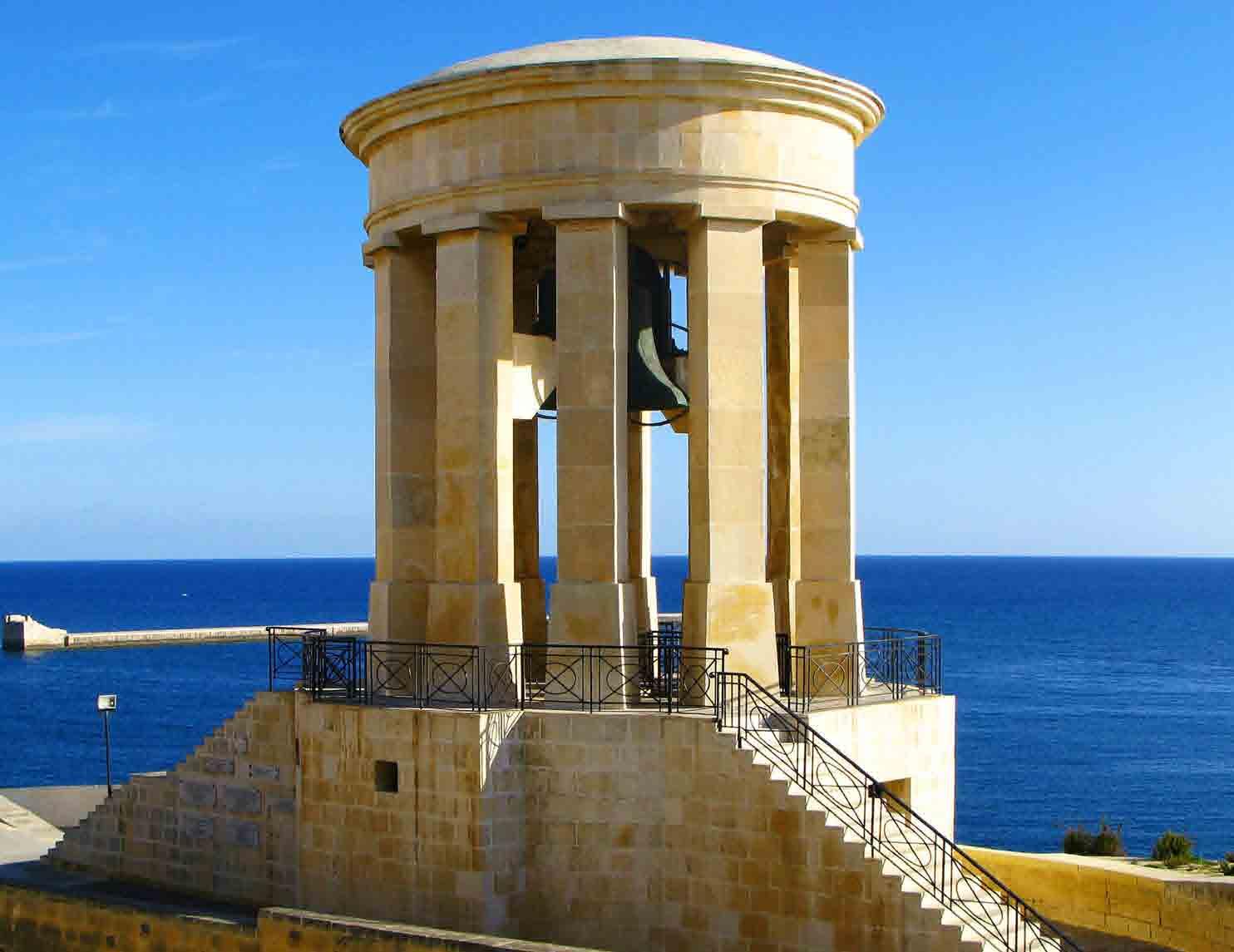
The range is wide and exciting, and you may also wish to browse through it online on our website www.franksalt.com.mt.
A large proportion of our business comes from client referrals, which is proof of the high professional standards of customercare and service that we provide. Giving a good service means a lot to us, as we are sure it does to you. For this reason, our company has been built upon a tradition of giving a very high standard of service and professionalism.


Each member of our Sales team throughout the network of the company’s offices participates in, and facilitates, inspection visits and negotiations. On joining our company, all of our property consultants/negotiators are given rigorous training at our Training Centre in Balzan, ensuring that every representative of our company is well versed in every aspect of property purchase and sale. It is the duty of every property consultant to accompany his or her clients on every property inspection visit.
They are also qualified to give property valuations and advice, sometimes in consultation with their respective managers. Our experienced property consultants will carry out all negotiations to obtain the best price and the most favourable conditions agreeable to both vendors and purchasers. They will advise both vendors and purchasers of the procedures and steps to take to ensure a smooth transfer of the property, including advice on bank loan arrangements suitable to each individual purchaser’s needs.

The company’s Letting department has been established since 1969 and today enjoys an unparalleled reputation with both landlords and tenants throughout Malta and Gozo. The department boasts one of the largest databases of residential letting properties both for short and long lets (over six months), which include apartments, maisonettes, townhouses, houses of character, farmhouses and villas.
The department prides itself on having an established database of corporate clients who make use of its services for their expatriate staff, which include embassies, banks, international companies, legal and accounting firms. Letting services are available through all branches, however, specialised letting divisions are established at the head office in St Julians, as well as the Marsascala, Mellieha, Sliema, St Paul’s Bay offices, and the Gozo offices. The company also operates a dedicated website for short stay rentals at www. maltaholidaylets.com.mt.
Using our extensive experience within Malta’s international business sector, Frank Salt Real Estate also operates a dedicated division to assist high-net-worth individuals, foreign clients and International Corporate Services Providers with their relocation to Malta. With a selection of bespoke service packages that can be customised to our client’s individual requirements, we can assist with every aspect of one’s visit to the Maltese islands, including airline bookings, visas, accommodation, chauffeur-driven airport transfers, and even arranging appointments with colleagues or local consultants.
The service also includes facilitating introductions to local professional service providers such as banks and wealth management advisors, technology providers, schools and insurance companies, while negotiating the best deals on the client’s behalf and ensuring that one receives the highest-quality service. Through the division’s exclusive Platinum Service, one can also benefit from comprehensive lifestyle assistance covering every detail of their stay in Malta, from organising tours of the island, boat trips, a limousine service, restaurant reservations or a nightlife VIP service, to arranging trustworthy childcare services, yacht berthing, spa and salon treatments, or even pet care, for example.
The Commercial Property division was set up in 1990 and today has established itself as a point of reference within the business community. The division’s client base consists of both private and corporate clients, local and foreign, some of whom represent large blue-chip corporations, banks, embassies, international companies and investors.
Our database of commercial property, which includes offices, retail, factories, warehouses, catering establishments, hotels and commercial sites, represents the largest selection of commercial property on the Island.


With our Property Management services you do not need to worry when you leave your property empty or unoccupied for a period of time. In your absence we will take care of it for you and guarantee that you find it ready upon your return.
OUR SERVICE INCLUDES:
• Organisation and supervision of maintenance: repair and handyman service;

• Payment of bills (utility/ground rent/insurance) and follow-ups when required;
• Submission of necessary applications;
• Preparation of property for rentals and rent collection;
• Building and content insurance requirements and claims;
• Regular property inspection visits supported by reports;
• Cleaning service prior to your return;
• Collection and forwarding of mail;
• Pool cleaning and gardening.
Our Home Interiors department has one primary objective: to convert your newly purchased property into a stylish, comfortable and practical home within a stipulated and agreed time and with the least amount of inconvenience to you, our esteemed client.
• Local, professional and experienced consultants dedicated solely to this field;
• You will be introduced to recognised and reliable suppliers of goods and services, avoiding you having to source out at random;
• You will benefit from discounted rates and prices already negotiated with suppliers by the company;
• Follow up and monitoring of progress, delivery and installation.
Other specialised services provided by the company include:
• Representations on agreements and contracts of sale;
• Submission of all applications to the relative Government department in connection with the acquisition and disposal of property;
• Repatriation of sales proceeds immediately following the signing of the final deed of sale. Through special arrangements that we have with leading banks and foreign exchange brokers we shall be able to secure favourable rates of exchange prevailing at the time;
• Tax consultancy services including submission of applications for permanent residency permits.
At Frank Salt Real Estate the environment is integral to our operations. We are a serious organisation that prides itself on its strong reputation for ethics and integrity. We understand that we need to take more responsibility towards raising awareness on environmental issues. Over the past years we have been organising various activities and initiatives that make us more aware of our environment, also awarding staff for their participation in safeguarding the environment and other social or charity work. We also have our very own environmental policy as part of our Let’s Go Environmental’ drive.
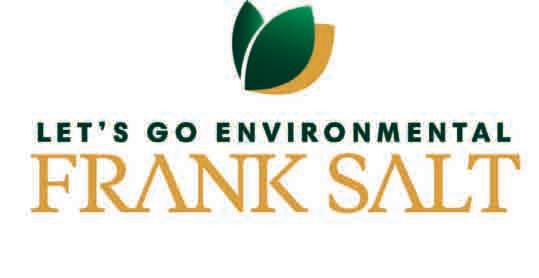
Some of our ongoing contribution towards the environment includes:
• Working with NGOs. As part of our corporate social responsibilities, we are working with different voluntary and government entities to lessen their operating burden while mitigating our carbon footprint.
• Afforestation projects. We are actively involved in the sponsorship of various environmental projects which includes, inter alia, tree planting, sponsoring irrigation, and maintenance of green areas.
• Nurturing Public Gardens. We are actively helping local councils nurturing public gardens build the brand and we are also taking the opportunity to promote our CSR commitment through attractive signage.
• Uses of EcoNatural Products. The company promotes recycling wherever possible, also making use of eco-friendly products in our offices.
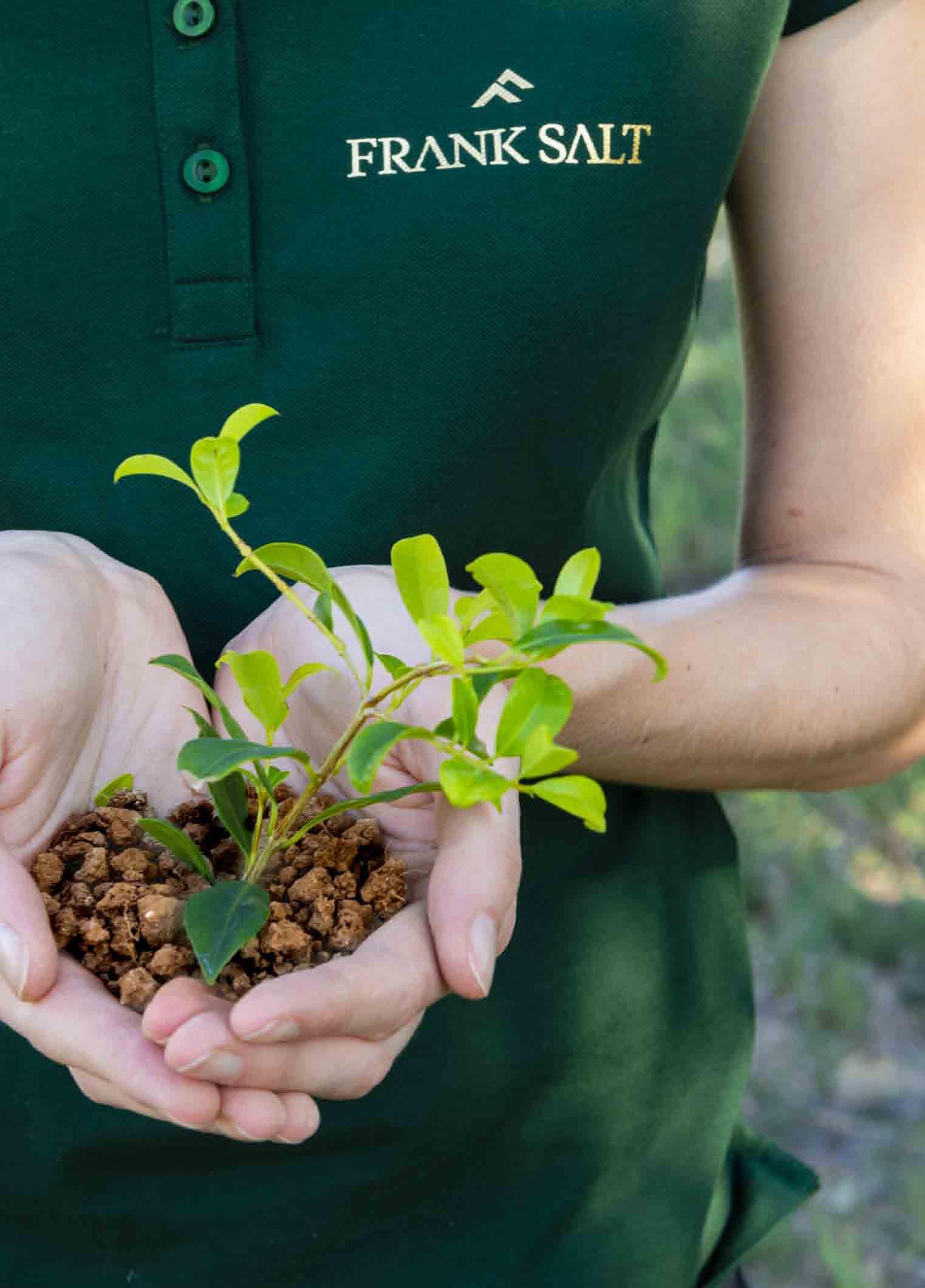
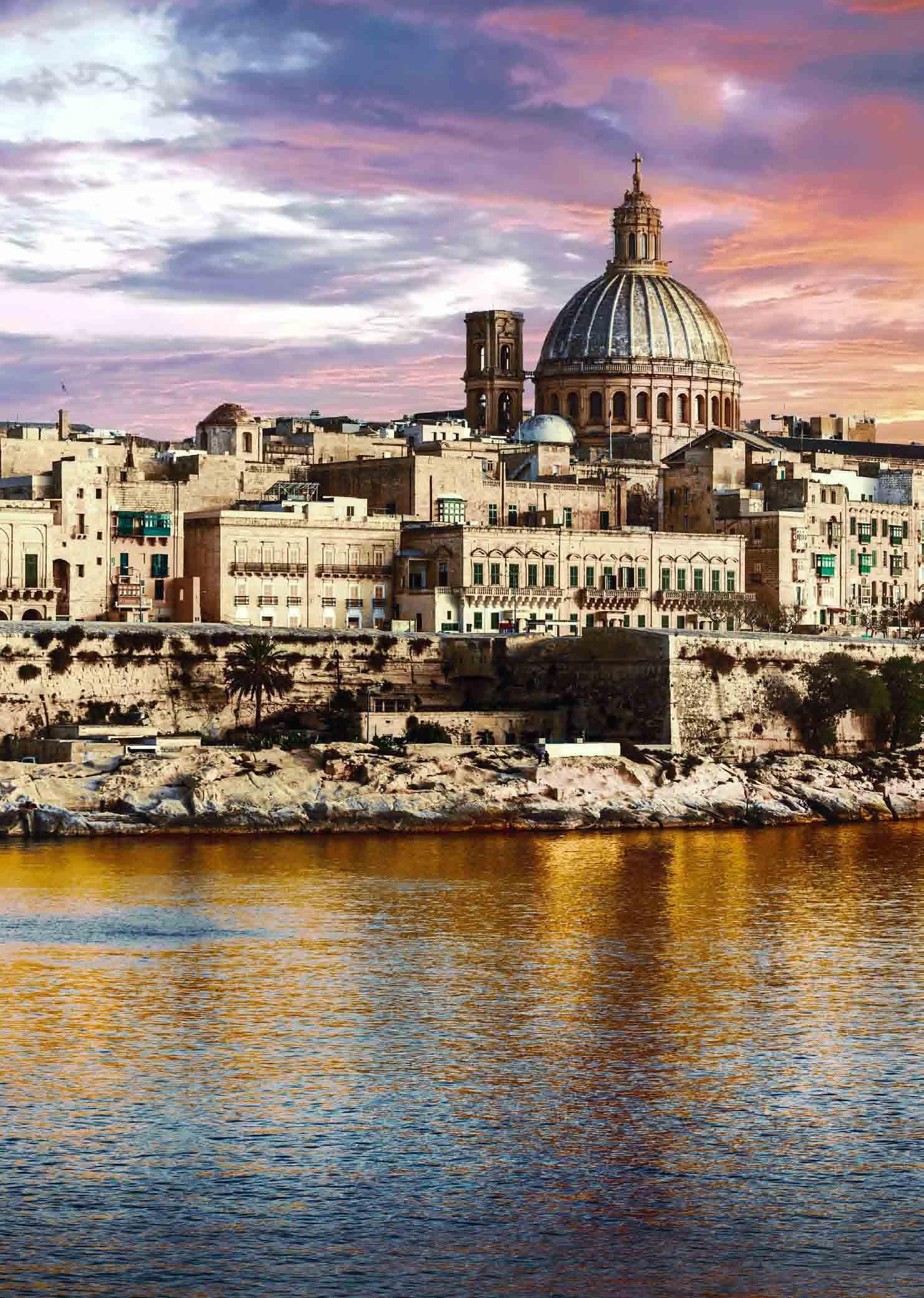





In November 2020 Malta officially launched its latest program which allows foreign nationals the opportunity to obtain Maltese and EU Citizenship – the Malta Citizenship by Naturalisation for Exceptional Services by Direct Investment.
More commonly referred to as the Maltese Exceptional Investor Naturalisation (MEIN) program, or the Malta Citizenship by Direct Investment regulations, the new rules allow individuals, along with their family dependants to obtain citizenship by making a direct investment in the country. This will also grant applicants a Maltese and EU Passport.
The rules aim to ensure that reputable applicants not only acquire an EU passport, but also create a lasting bond with Malta - an EU Member State that is stable, neutral and highly respected – and also significantly contribute to the economic development of the island.
The core benefits of being granted Maltese Citizenship through the Malta Exceptional Investment Naturalisation procedures include:
Easy access to all EU member states, including the freedom the work, live or study across the EU block and visa-free travel to more than 170 countries.
All the benefits that living in Malta has to offer.
A sound investment in a strong economy with a booming property market and financial services hub.
The direct contributions that are required under the Malta Citizenship by Direct Investment procedures include:
A contribution to government.
A property investment.
A donation to a non-governmental organisation.
Applicants may opt for one of two routes when applying for Maltese citizenship.
• One may opt for the standard route, which requires one to reside in Malta for 36 months before applying for citizenship, for which a contribution of €600,000 for the Main Applicant and an additional €50,000 for each dependant, is to be paid to the government;
• Or one may opt for an expedited procedure, which requires one to reside in Malta for 12 months before applying for citizenship, against a contribution of €750,000 for the main applicant and €50,000 for each additional dependant.
The value of the property purchased, to satisfy the property investment criteria, must be of at least €700,000. Alternatively, the applicant may opt to rent out a property for a minimum annual rent of €16,000. The qualifying property must be held for a minimum of five years from the date of the certificate of Citizenship and during this period, the applicant must show strong links to the island.
The applicant must provide an undertaking to donate at least €10,000 to a registered philanthropic, cultural, sport, scientific, animal welfare or artistic NGO.
Only highly respectable clients and law-abiding citizens, will be allowed to acquire Maltese Citizenship. Apart from the financial contribution, to acquire Malta Citizenship by Direct Investment, applicants need to undergo a background check as part of a rigorous due diligence process.
To be eligible one must:
Take an Oath of Allegiance to the Republic of Malta and accept to promote the fundamental and democratic values of the island.
Undertakes to declare that the applicant and his dependants are fit and proper persons to hold Maltese citizenship.
Provide all the necessary documentation as requested during the due diligence process, including police certificate of conduct, and adequate proof of the source of funds and wealth of the principal applicant. Supporting documentation, like passport copies and birth certificates, must be legalised and counter-legalised.

The individual’s dependents can also benefit from the naturalisation process for a fee of € 50,000 per dependent. ‘Dependents’ are family members of the individual and include:
• The applicant’s monogamous spouse,
• The child (including adopted) of the applicant or of his spouse who is below 18 years of age;
• The child (including adopted) of the applicant or of his spouse who is a qualified person with a disability as per Equal Opportunities Act;
• The unmarried child (including adopted) of the applicant who is above 18 but bellow 29 years of age and who is proven to be maintained by the applicant;
• The parent or grandparent of the applicant or of his spouse who is at least 55 years of age and who is proven to be maintained by the applicant.
Aside from the above qualifying investment criteria, acquiring Malta Citizenship through the Maltese Exceptional Investor Naturalization (MEIN) procedures requires the payment of the following residence and due diligence fees:
• €5,000 for the Main Applicant
• €1,000 per each dependant
• €15,000 for the Main Applicant
• €10,000 for adult dependants who are over 18 years old
During the application for residency and the eventual citizenship, the applicant will also have to pay administrative fees to the Community Malta Agency (“Agency”) including a €10,000 non-refundable deposit with the main investment and €15,000 due diligence fees.
Making a direct investment in Malta and therefore being granted with Maltese Citizenship through the Malta Citizenship by Direct Investment Regulations, is one of the most efficient and recognised routes to also obtain access to all EU member states, whilst also benefiting from excellent Mediterranean weather and a superb quality of life in an English-speaking country.
The Malta Citizenship by Naturalisation for Exceptional Services by Direct Investment replaces the highly popular Malta Individual Investment Programme (MIIP).
It is regulated by the Maltese Citizenship Act (CAP. 188) and the Legal Notice 437 of 2020.
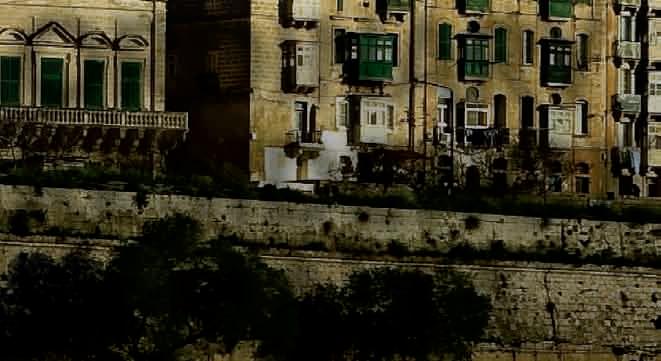

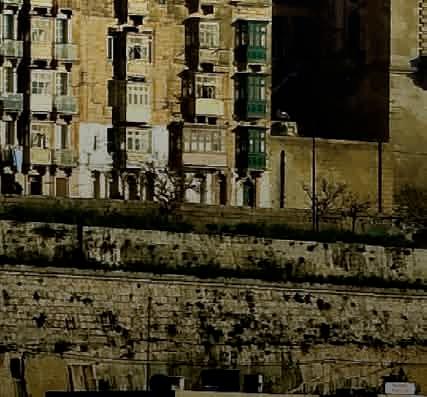
Malta is an ideal place to take up residence. Besides its pleasant climate, safe environment and hospitable English-speaking population, it offers a range of benefits to individuals seeking to acquire residence on the island, given its advantageous tax regime and competitive cost of living. Various residence programmes are available for both EU and non-EU foreign nationals.
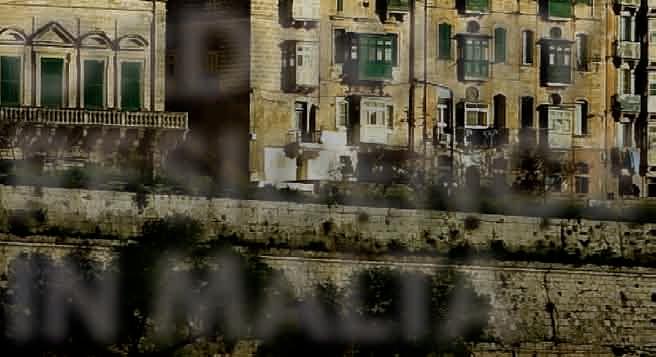
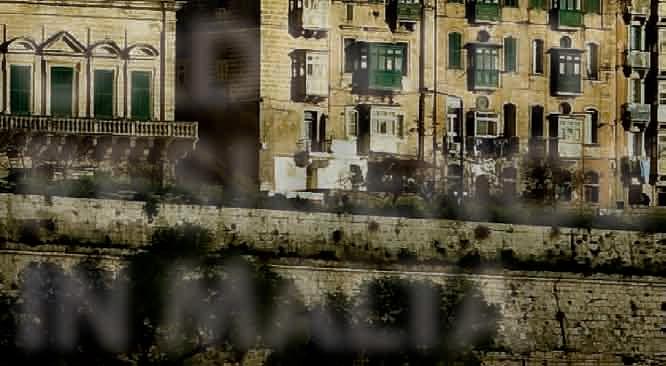

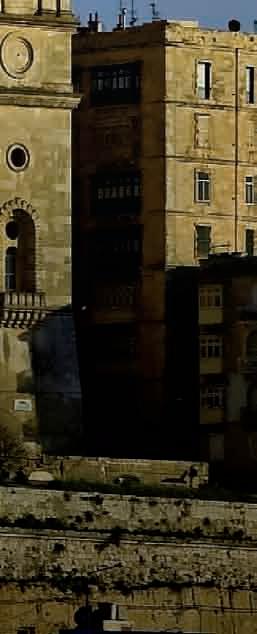
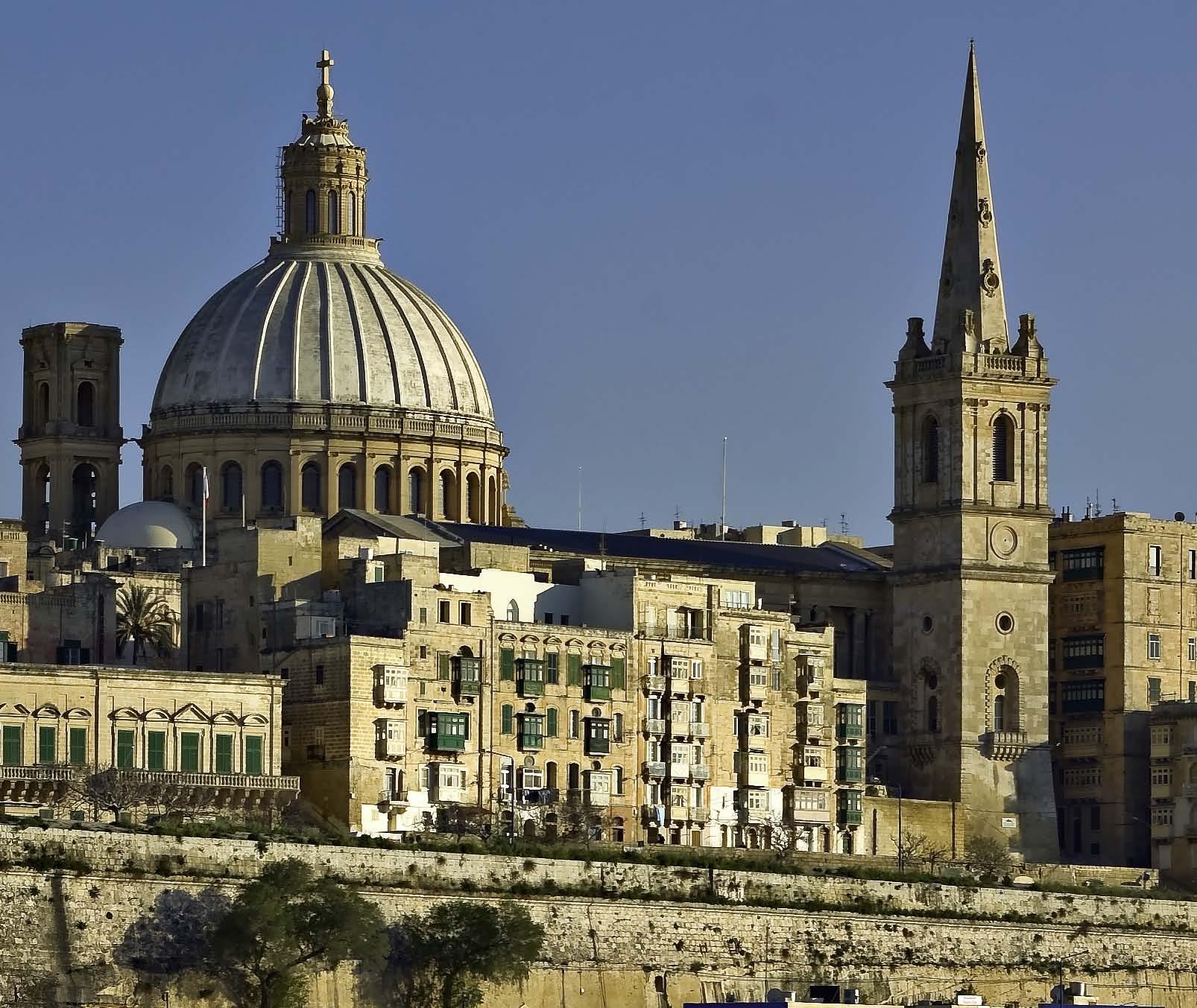
A key attraction is Malta being part of the Schengen Zone. This means that non-EU citizens, upon becoming Malta residents, will obtain a Uniform Residence Permit enabling them to travel throughout the Schengen Zone for at least three months without the requirement of a visa. In order to apply for the Uniform Residence Permit, the applicant must have a place of residence in Malta.
Ordinary residence permits allow resident permit holders to take up residence in Malta and physically live in Malta with the possibility of taking up employment and doing business in Malta.

The concept of ordinary residence in Malta makes reference to various factors that link the applicant to the Maltese Islands, including the duration of his stay in the country, the frequency, regularity and nature of visits, as well as business and family ties.
The qualifying criteria can be easily complied with, thus making the attainment of Maltese ordinary residence even more attractive. Some of these criteria vary according to whether the individual seeking to obtain ordinary residence in Malta is an EU/EEA national or a third country national.
Holders of ordinary residence permits are allowed to convert to other available residence programmes.
The transfer of one’s residence from a high-tax jurisdiction to a lower tax overseas country is available to both EU/EEA and non-EU/EEA nationals.
Financial independence without the need to undergo complex means eligibility testing. Individuals need to show that they are economic self-sufficient and that they can provide for themselves and for their accompanying dependants without the need of any financial support from the Maltese government.
Evidence of a physical address by purchasing or renting a property in Malta. This needs to be available at the time of filing the application. There is no minimum value property requirement1
Duration of stay. An applicant must have physically lived in Malta for at least 3 months. He is obliged to apply for an e-Residence card with the Department for Citizenship and Expatriate Affairs.
Employment. Individuals working with a company in Malta or working as self-employed can apply for residence.
Family members. Both EU/EEA/Swiss and Non-EU nationals are granted the right to accompany their family member being an EU/EEA/Swiss national, upon giving proof that they are related to the main applicant.
Study. Individual studying in Malta can apply for residence on this basis. If the student is under-age, his/her legal guardian can apply for Malta residence to accompany him/her.
Evidence of a physical address (same criterial as for EU/EEA nationals).
Employment, Self-Employment or holding a company in Malta:
In case of self-Employment, a third country national must meet one or more of the following requirements:
• An investment in Malta capital expenditure of at least €500,000, within 6 months from the date on which the Jobsplus licence is issued. Capital expenditure shall solely consist of fixed assets (such as immovable property, plant and machinery) used for the business purposes as reflected in the business plan submitted with the application. Rental contracts do not qualify;
• Be a highly skilled innovator with a sound business plan which includes a commitment to recruit at least three EEA/Swiss/Maltese nationals within eighteen months of establishment;
• Be a person leading a project that has been formally approved by Malta Enterprise and formally notified by the latter to Jobsplus
In case of employment an employment licence is required in order for non-EU/EEA nationals to work in Malta.
Shareholders or ultimate beneficial owners of a Malta registered company.
Malta Company. Third country nationals may become ordinary residents in Malta if they are shareholders of a Malta company, provided that they satisfy any one of the following conditions:
• Every Non-EU shareholder must have a fully paid up share capital of at least €500,000 which may not be redeemed, reduced or transferred to a third party for the first two years following the issuing of the Employment Licence. This share capital must be through a cash/stock injection in Malta;
• An investment in Malta capital expenditure of at least €500,000 that is to be used by the company. Capital expenditure shall solely consist of fixed assets (such as immovable property, plant and machinery) used for the business purposes as reflected in the business plan submitted with the application. Rental contracts do not qualify;
• The company is leading a project that has been formally approved by Malta Enterprise and formally notified by the latter to Jobsplus.
For tax purposes, an individual is normally regarded as being resident in Malta for a particular year if, in that year, his stay in Malta exceeds 183 days.
Foreigners who are resident but not domiciled in Malta are not taxed on their worldwide income2 but only on Maltese source income and on foreign source income received in/remitted to Malta.
Foreign source capital gains are not taxed even if remitted to Malta. The applicable income tax rates are progressive rates from 0% up to a maximum of 35%.
However, it is important to note that individuals who in terms of Maltese tax laws are:
• considered as ordinarily resident but not domiciled in Malta (and who therefore are subject to income tax in Malta on a source and remittance basis)
• are not subject to any other minimum tax threshold under Maltese law, and
• during the calendar year preceding the year of assessment derived (together with their spouse, in the case of couples married and living together) income arising outside Malta of at least EUR 35,000 or equivalent, which was not received in Malta in full, shall be subject to a minimum tax in Malta of EUR 5,000 for the said year.
1 Unless there is the need for an Acquisition of Immovable Property (AIP) permit, which applies in very specific circumstances.
2 If they are in receipt of foreign source income of €35,000 (which is not remitted to Malta) ordinary residence permit holders are subject to a minimum Malta income tax liability of €5,000 per annum.
0-9,100 0%0
9,101-14,50015%1,365
14,501-19,50025%2,815 19,501-60,00125%2,725
60,001 and over35%8,725
0-10,500 0%0
10,501-15,80015%1,575 15,801-21,20025%3,155 21,201-60,00025%3,050
60,001 and over35%9,050
0-12,700 0%0 12,701-21,20015%1,905 21,201-28,70025%4,025 28,701-60,00025%3,905 60,001 and over35%9,905
The following are the rates applicable to non-residents, regardless of whether they are married or single:
Taxable Income €Rate %Deduct €
0-700 0 0 701-3,100 20 140 3,100-7,80030 450 7,801 and over35 840
€Malta residents are afforded protection by double taxation agreements, which ensure that tax is never paid twice on the same income in different countries. Malta has an extensive network of double taxation treaties and where there is no double taxation treaty, other forms of relief from double taxation available under domestic law, ensure that double taxation is eliminated.
No death tax is payable in Malta. However, duty on documents and transfers is payable by the heirs of the deceased or the purchaser, in the case of real estate situated in Malta, and upon the purchase of shares in Malta companies.
However, no such duty is payable on share transfers effected by or in companies which have business interests to the extent of more than ninety per cent outside Malta. Likewise, an exemption from duty on share transfers in a Malta company exists where more than half of the ordinary share capital, voting rights and rights to profits are held by persons who are not resident in Malta. Subject to certain exceptions, duty is due at the rate of 5% in the case of real estate, and 2% in the case of shares.
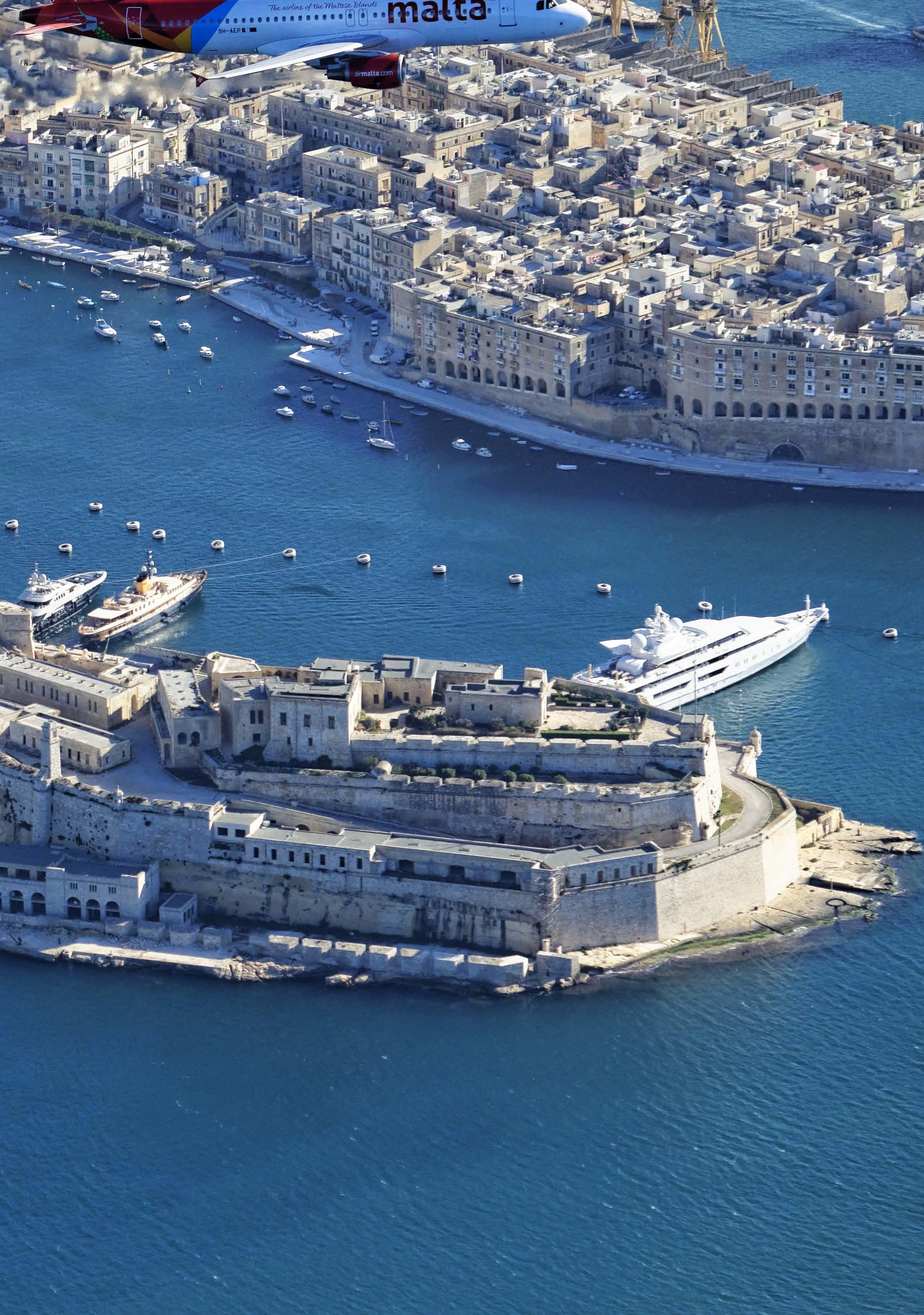
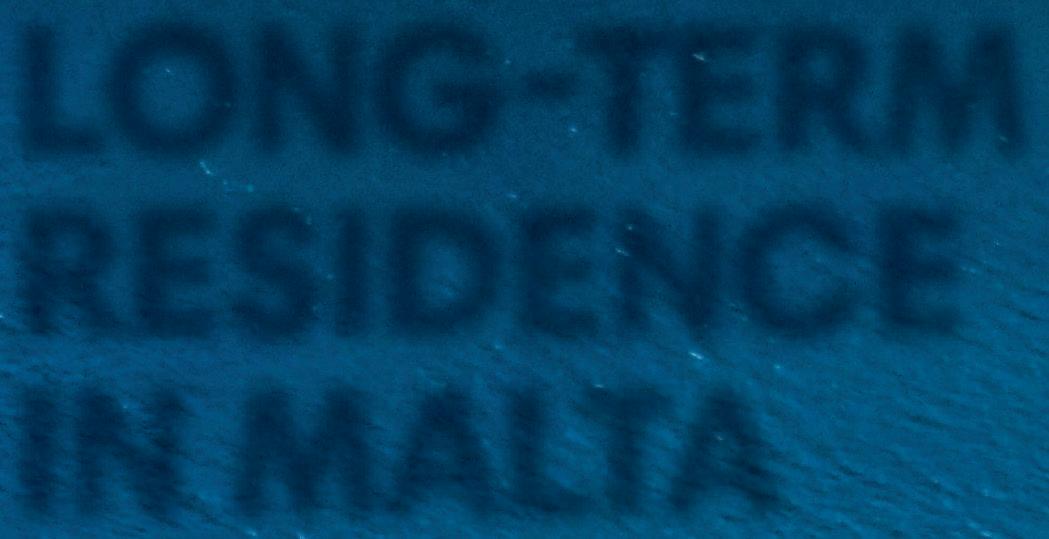
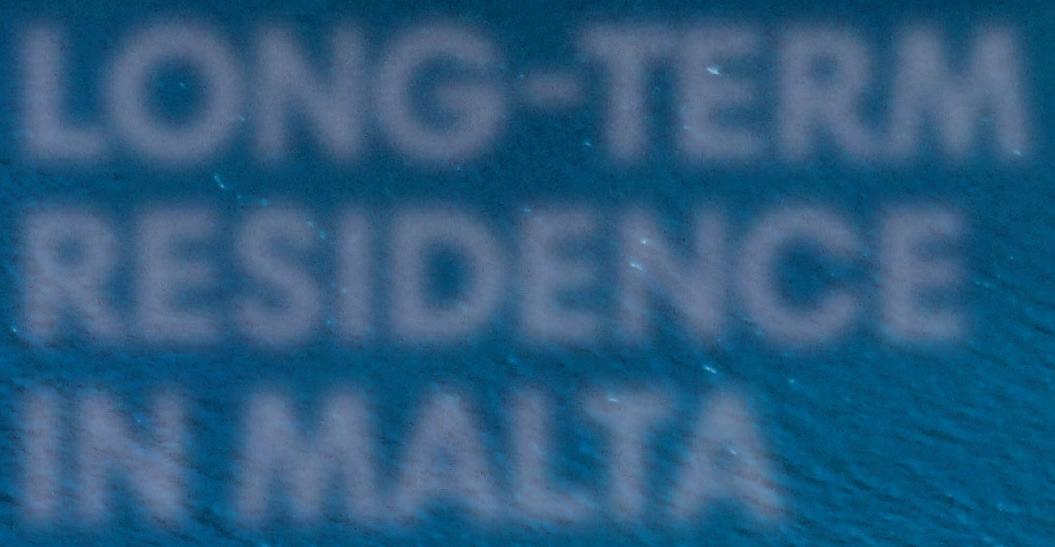
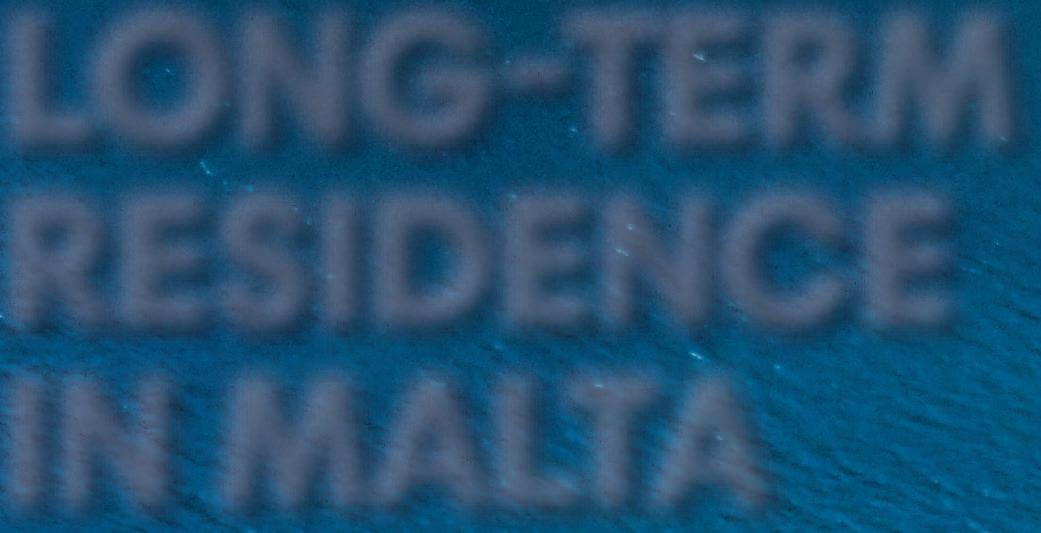
EU/EEA, Swiss and third country nationals can apply for long term residence in Malta subject to having legally resided in Malta for a continuous period of five years. During such period the applicant must have resided in Malta for at least 6 months during a calendar year and must have not been absent from the islands for more than a total of 10 months throughout the five-year period.
Once such applicants are granted long term residence status in Malta, they will enjoy equal treatment as any other Maltese national in terms of access to employment and education amongst others.
In the case of third country nationals who have been legally residing in Malta for at least two years, they can also put forward a request for family members to reside in Malta. These can include spouses (21 years or older) and minor unmarried children. This can only be done if the third country national’s intention is to permanently reside in Malta and that he can provide satisfactory accommodation to such family members.
In such circumstances, the applicant must also show that he is economically self-sufficient, with regular and stable financial income equivalent to the average wage in Malta plus another 20% of the average wage for each family member.
Once permission is granted, such family members have the right to work and study like the applicant and once the latter would have resided in Malta for 5 years, family members will be entitled to an autonomous residence permit.
Partners of Maltese citizens are granted residence in Malta if the two have been in a relationship during the previous 24 months and they receive a stable income of at least €8,885.
In those cases where their relationship has lasted for at least 5 years, a residence permit for 3 years is then issued.
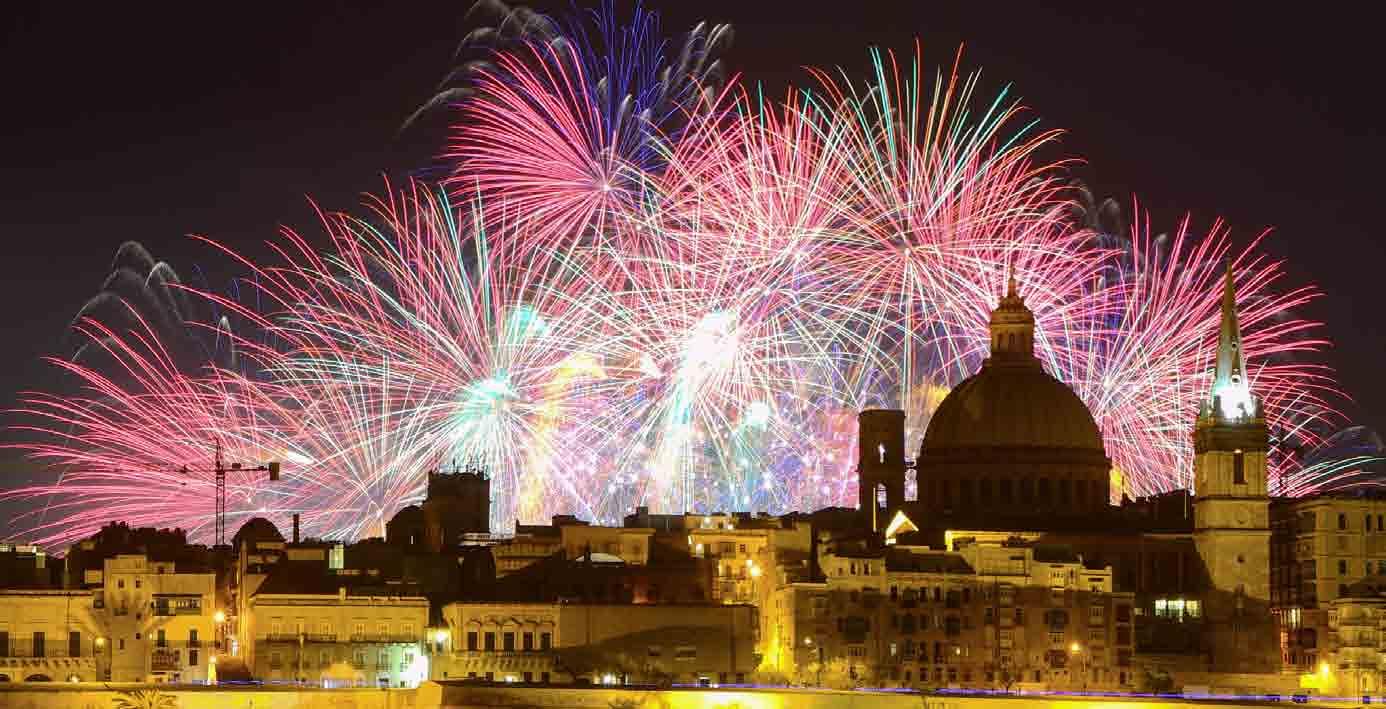
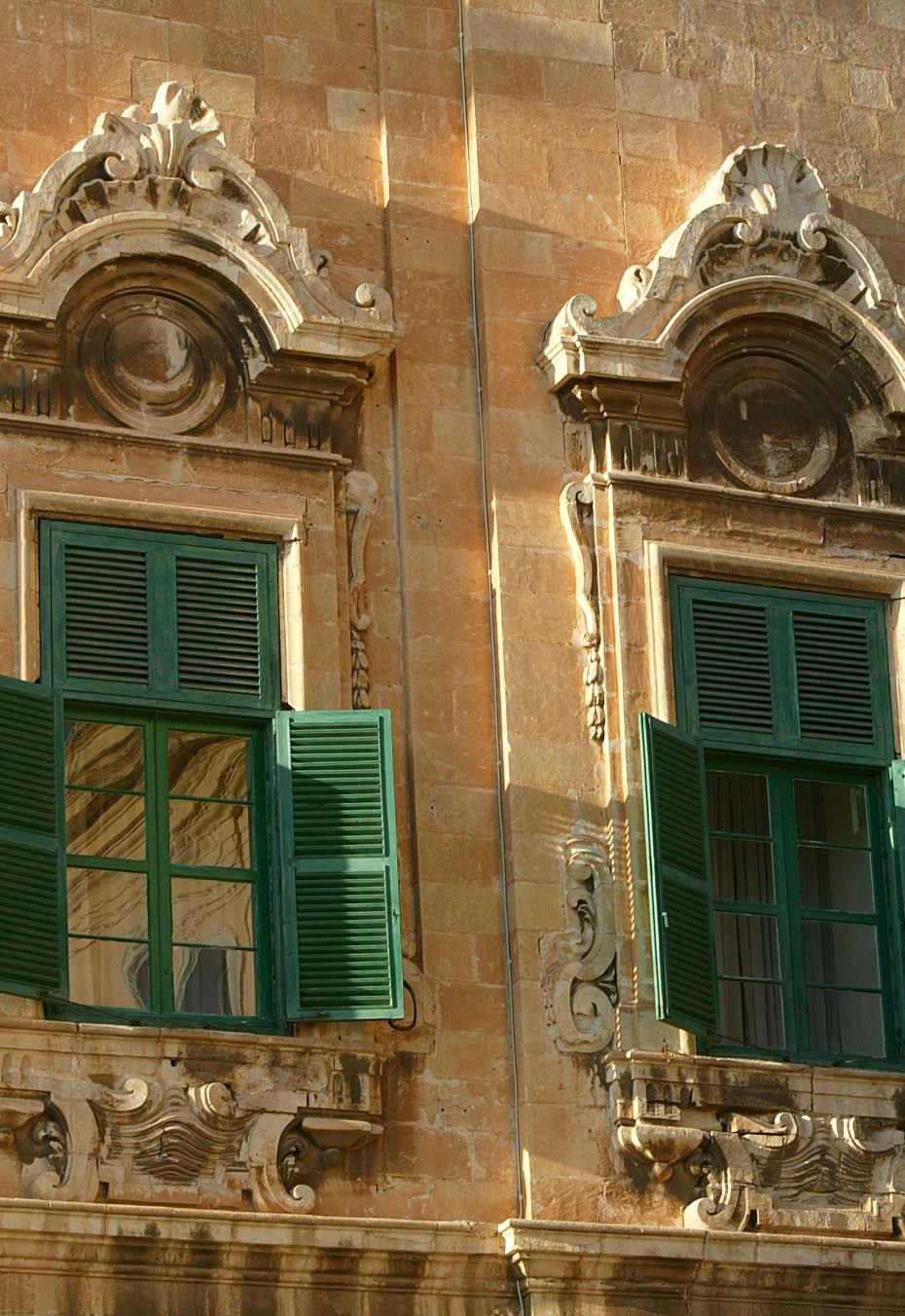





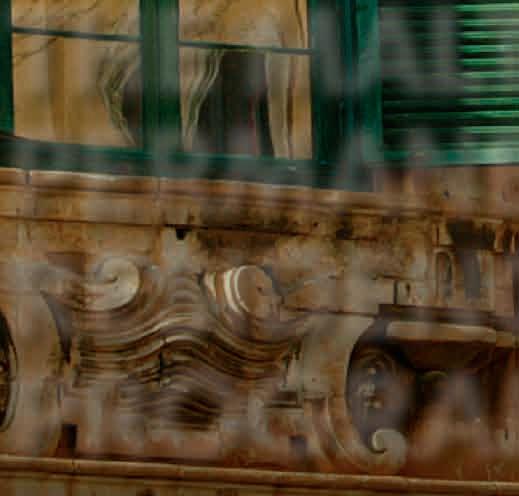
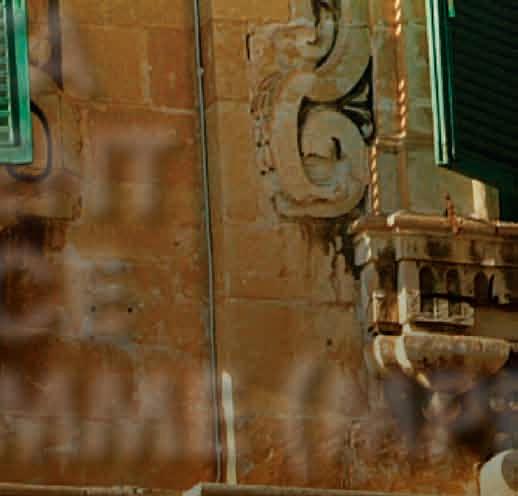

The Malta Permanent Residence Programme is a residency-by-investment program which shall entitle a beneficiary to the right to settle, stay and reside in Malta permanently. It is by far one of the most attractive residence programmes available to individuals looking at obtaining permanent residence in an EU country that also forms part of the Schengen Zone.
Available exclusively to non-EU nationals, the Malta Permanent Residence Programme provides its holders with:
• The right to reside indefinitely in Malta;

• Visa-free travel within Schengen Area;
• Ability to work in Malta (subject to obtaining a work permit);
• No minimum physical presence required to maintain immigration status;
• Eligibility for spouse, children, parents and grandparents;
• World-renowned healthcare and educational facilities open to all who reside in Malta.
In addition to the above, one also gets to enjoy:
• A warm Mediterranean climate and great weather all year round
• Daily flights to all major European, UK and North African airports
• No council taxes are charged in Malta
• Low cost of living and a wide variety of properties available in all price ranges
• Very stable property market offering steady capital growth
• Relatively crime free and very safe to live in
• Very easy integration within local communities
• English and Maltese are the official languages of the Islands. Other languages also commonly spoken
• Abounding with over 7,000 years of history and cultural life
• Excellent social life for all age groups
• Surrounded by crystal clear seas and several sandy beaches
The Malta Permanent Residence Programme carries no minimum stay requirements and no personal tax implications unless the applicant spends more than 183 days in Malta in which case the applicant will be considered as tax resident in Malta.
With the promise of a 4 to 6-month processing time from the submission of a complete and correct application, the MPRP offers much value to clients wishing to make Malta their home away from home.
Applicants under the Malta Permanent Residence Programme must fulfil all of the following three requirements:
PROPERTY INVESTMENT: Applicants must either purchase or rent a property in Malta. If opting to buy a property, the minimum value if of €350,000 if situated in the North of Malta, or €300,000 if in South of Malta or Gozo; If opting to rent, the property leased out needs to be at least €12,000 yearly, or €10,000 yearly if in the South of Malta or Gozo. In the case of a property purchase, this has to be retained for at least 5 years.
GOVERNMENT CONTRIBUTION: A contribution of €28,000 is payable for investors who buy a qualifying property; or of €58,000 if the investor leases a property rather than buying a property. Such contribution is paid directly to the Maltese government.
NGO CONTRIBUTION: Applicants must also pay a €2,000 contribution to a Malta registered philanthropic, cultural, sport, scientific, animal welfare or artistic NGO.
Applicant must be in possession of at least €500,000 worth of capital, of which €150,000 are to be financial assets.
Applications under the Malta Permanent Residence Programme are open to non-EU, non-EEA and non-Swiss nationals. An application can include the main applicant, the spouse, financially dependent parents, and grandparents as well as children of the main applicant and the spouse. In order for children to be included in the same application, they must be un-married and economically dependent on the main applicant.
An additional fee of €7,500 applies for each adult dependant plus an additional €5,000 per child (18+) principally dependent on main applicant after approval and minor child of an already approved dependent child and/or of his already approved spouse.
The main applicant must also:
• Be at least 18 years of age;
• Be a non-EU/EEA/SWISS national;
• Be in possession of valid travel documents, for both himself and his dependents;
• Be in possession of adequate health insurance covering the EU territory;
• Be deemed a fit and proper person;
• Not benefit under other pertinent regulations and schemes.
A non-refundable administrative fee of €40,000 is payable to the Malta Residence Agency. €10,000 is payable upon submission of the application, whilst the remaining €30,000 must be paid within 2 months from the date of the Letter of Approval in Principle.
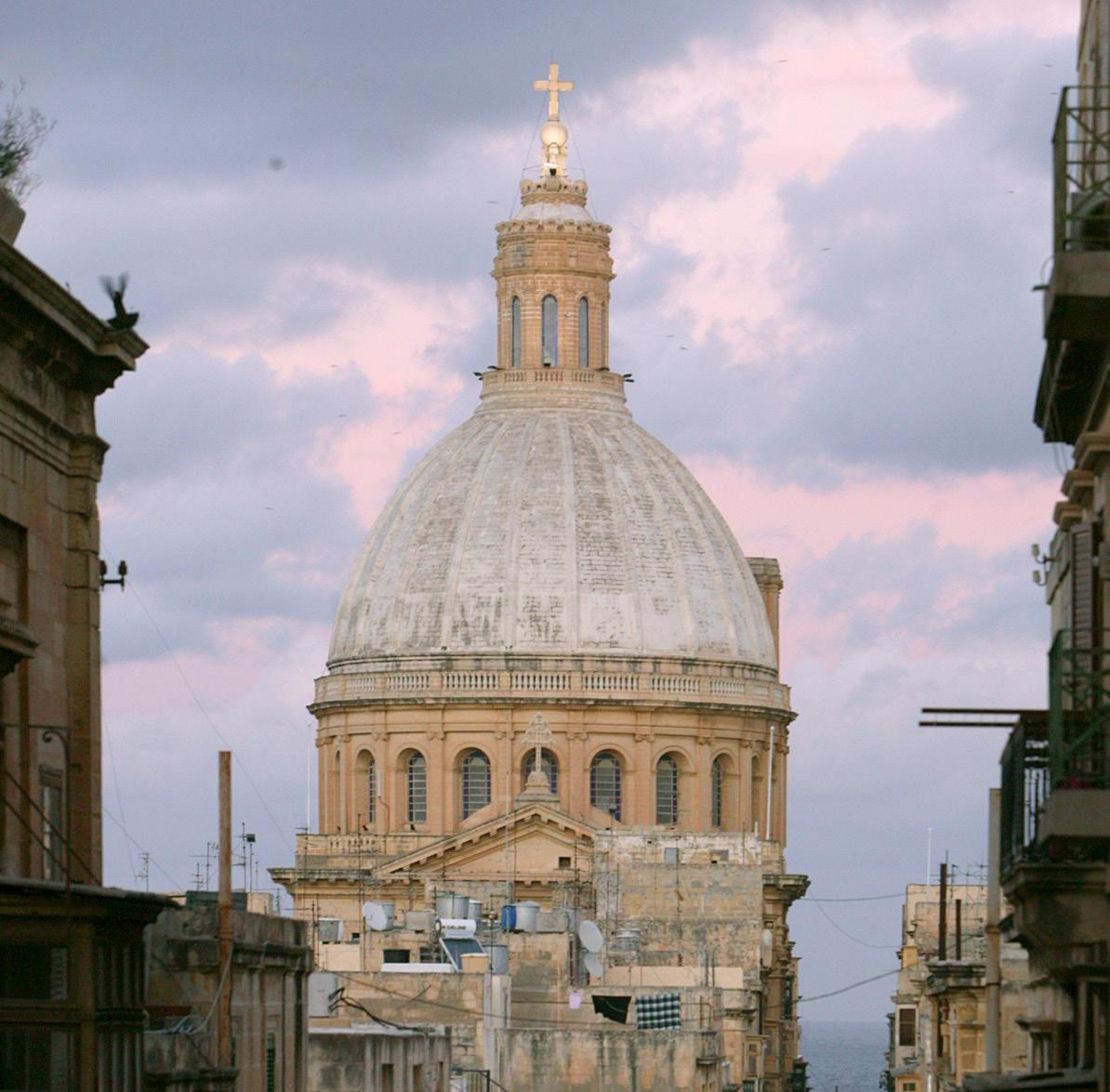 The Malta Permanent Residence Programme was announced in 2020 and replaces the Malta Residence and Visa Programme (MRVP).
The Malta Permanent Residence Programme was announced in 2020 and replaces the Malta Residence and Visa Programme (MRVP).
The Malta Retirement Programme is ideal for retirees, or persons reaching retirement age, who are looking at taking up residence in a country that offers them the best in terms of climate, lifestyle, health services and peace of mind, whilst also providing attractive tax benefits. It is available to both EU and non-EU nationals, allowing the beneficiaries together with their registered dependants to reside, settle or stay indefinitely in Malta.

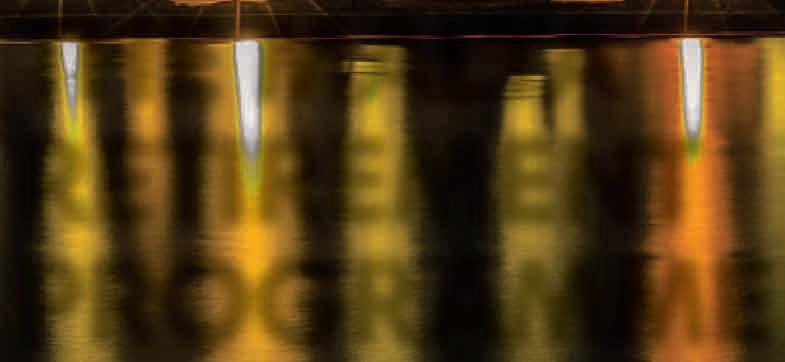
To qualify for the Malta Retirement Programme, an applicant must also hold a qualifying property for the duration of their Residency Certificate, either by purchasing or renting:
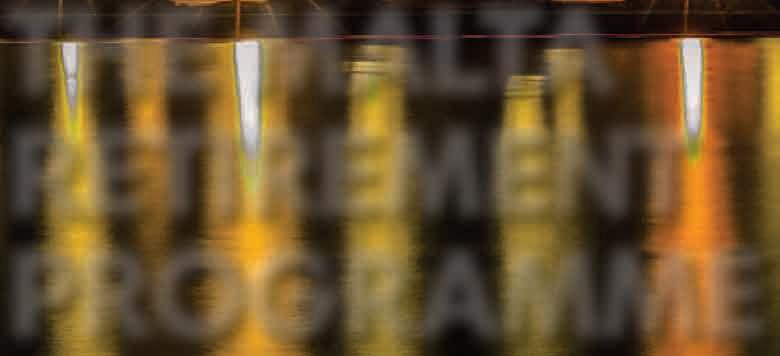
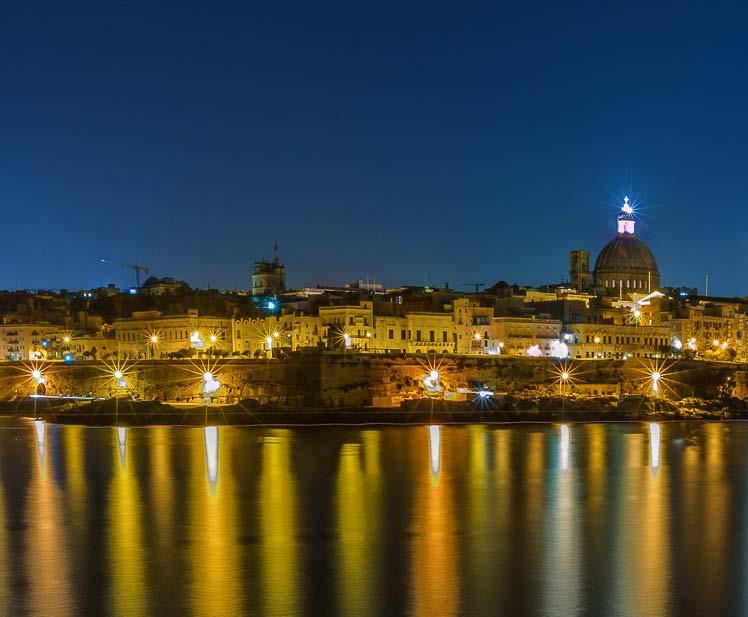
In the case of purchasing a property, the minimum value must be of at least €220,000 for properties situated in Gozo and the South of Malta, or a minimum of €275,000 for properties situated in the rest of Malta;
If the applicant opts to rent a property this must be of a minimum value of €8,750 per annum for properties situated in Gozo or the South of Malta or a minimum of €9,600 per annum for properties situated in the rest of Malta.
Applicants must be in receipt of a pension as supported by documentary evidence, all of which is received in Malta and which constitutes at least 75% of the beneficiary’s chargeable income.
Applicant must reside in Malta for not less than 90 days a year, averaged over a 5-year period. They may not stay in any other jurisdiction for more than 183 days in a calendar year.
Applicant must not be domiciled in Malta and must not intend to establish his domicile in Malta within 5 years from the date of the application for the special tax status.
Applicant must have a valid travel document and must hold insurance covering both applicant and his dependents, in respect of all risks across the whole of the EU.
The tax benefit will consist mainly of the right to pay tax at a flat rate of 15% on all foreign source income which is remitted to Malta. Any other income (such as local source income) is subject to a flat rate of 35% tax.
A minimum annual tax liability of €15,000 covering the main applicant and dependents included on the same application applies.
Beneficiary would also be able to benefit from double taxation relief.
A non-refundable administrative fee of €6,000 is applicable except where the qualifying owned property is situated in the South of Malta, in which case the administrative fee is reduced to €5,500.

The Malta Residence Programme is ideal for individuals and families who do not already enjoy permanent residence status in Malta interested in taking up residence in Malta. Beneficiaries would also be able to take up employment in Malta subject to obtaining the necessary work permits.
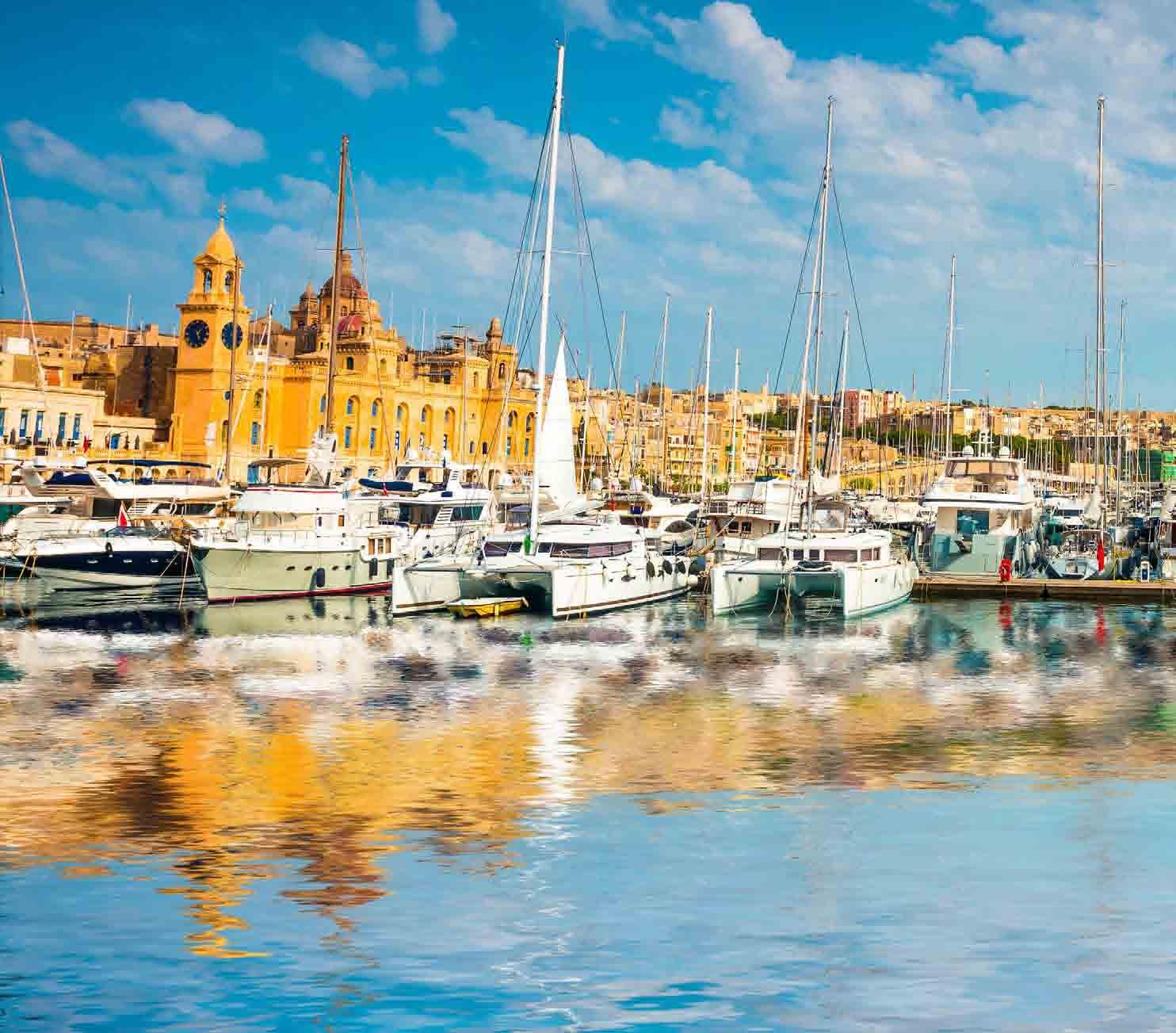
Applicants must be nationals of an EU member state (excluding Malta), Swiss or nationals of Iceland, Norway, Liechtenstein.

To qualify for this Residence Programme, an applicant must also hold a qualifying property which the individual occupies as his principal place of residence worldwide, either by purchasing or renting:



In the case of purchasing a property, the minimum value must be of at least €220,000 for properties situated in Gozo and the South of Malta, or a minimum of €275,000 for properties situated in the rest of Malta; If the applicant opts to rent a property this must be of a minimum value of €8,750 per annum for properties situated in Gozo or the South of Malta or a minimum of €9,600 per annum for properties situated in the rest of Malta.

Applicant needs to prove that he is in receipt of stable and regular resources that are sufficient to maintain himself and his dependants without recourse to the social assistance system in Malta.
Applicant needs to be in possession of health insurance which covers himself and his dependants in respect of all risks across the whole of the EU. The health insurance cover must be procured by a company licensed in Malta or by an international reputable health insurance company.
Applicant must have a valid travel document and must hold insurance covering both applicant and his dependents, in respect of all risks across the whole of the EU.
Applicant must also be able to communicate adequately in Maltese or English and must be a fit and proper person.
The tax benefit will consist mainly of the right to pay tax at a flat rate of 15% on all foreign source income which is remitted to Malta. Any other income (such as local source income) is subject to a flat rate of 35% tax.
A minimum annual tax liability of €15,000 covering the main applicant and dependents included on the same application.
Beneficiaries of The (Malta) Residence Programme will need to pay a minimum tax of €15,000 annually, covering the beneficiary and his dependants, on income arising arises outside Malta and remitted in Malta.
Any other income arising in Malta will be subject to tax at a flat rate of 35%.
Beneficiary would also be able to benefit from double taxation relief.
A non-refundable administrative fee of €6,000 is applicable except where the qualifying owned property is situated in the South of Malta, in which case the administrative fee is reduced to €5,500.
The Global Residence Programme is available to non-EU nationals, who are interested in taking up residence in Malta, whilst enjoying a favourable tax rate.
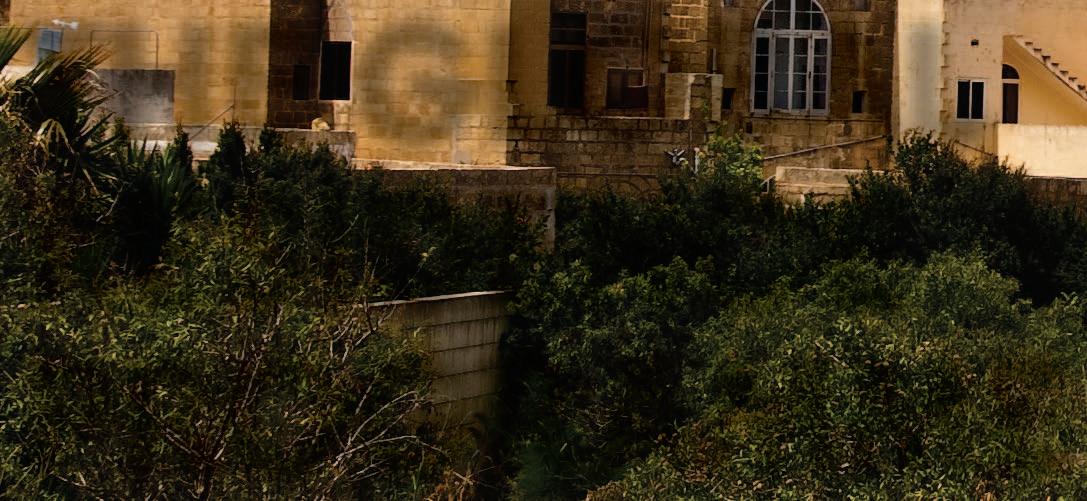
Permit holders are also able to work or set up a business in Malta subject to applying for and obtaining the necessary permits.
Beneficiaries of the Global Residence Programme have no minimum stay requirements, however they may not spend more than 183 days in a calendar year in any one particular foreign jurisdiction.
Applicant must not be a Maltese/ EEA/ Swiss national.
To qualify for this Programme, an applicant must also hold a qualifying property which the individual occupies as his principal place of residence worldwide, either by purchasing or renting:
In the case of purchasing a property, the minimum value must be of at least €220,000 for properties situated in Gozo and the South of Malta, or a minimum of €275,000 for properties situated in the rest of Malta;
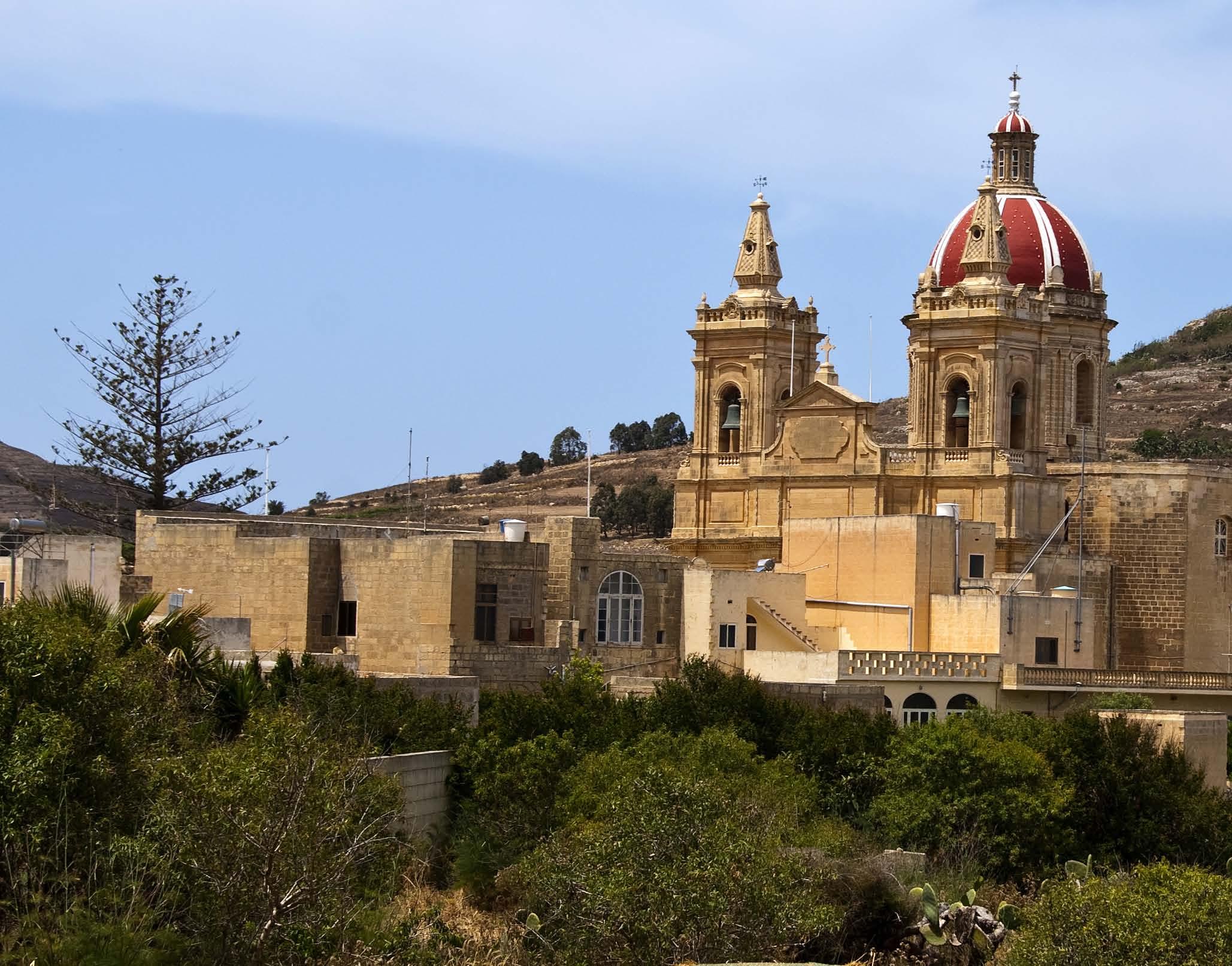
If the applicant opts to rent a property this must be of a minimum value of €8,750 per annum for properties situated in Gozo or the South of Malta or a minimum of €9,600 per annum for properties situated in the rest of Malta.
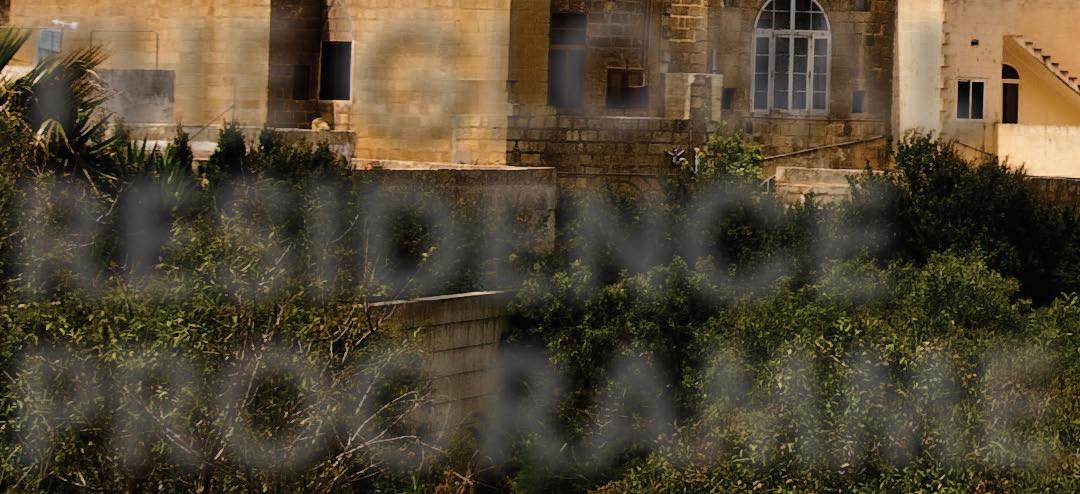
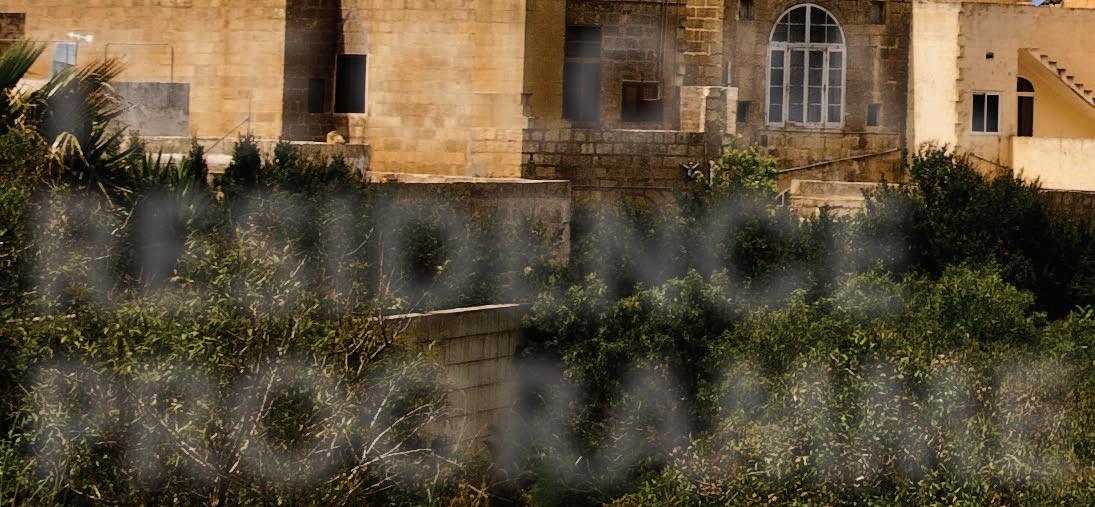
Applicant needs to prove that he is in receipt of stable and regular resources that are sufficient to maintain himself and his dependants without recourse to the social assistance system in Malta.
Applicant needs to be in possession of health insurance which covers himself and his dependants in respect of all risks across the whole of the EU. The health insurance cover must be procured by a company licensed in Malta or by an international reputable health insurance company.
Applicant must have a valid travel document and must hold insurance covering both applicant and his dependents, in respect of all risks across the whole of the EU.
Applicant must also be able to communicate adequately in Maltese or English and must be a fit and proper person.
Through the Global Residence Programme, a flat rate of 15% tax is applicable on foreign income remitted to Malta, with a minimum tax of €15,000 per year. The minimum tax threshold covers both the main applicant and dependents included on the same application.
Any other income (such as local source income) is subject to a flat rate of 35% tax.
Beneficiary would also be able to benefit from double taxation relief.
A standard application processing fee of €6,000 is applicable if a property is purchased in Malta and €5,500 if the property is bought or rented in Gozo or the South of Malta.
One must apply through an Authorised Registered Mandatory.

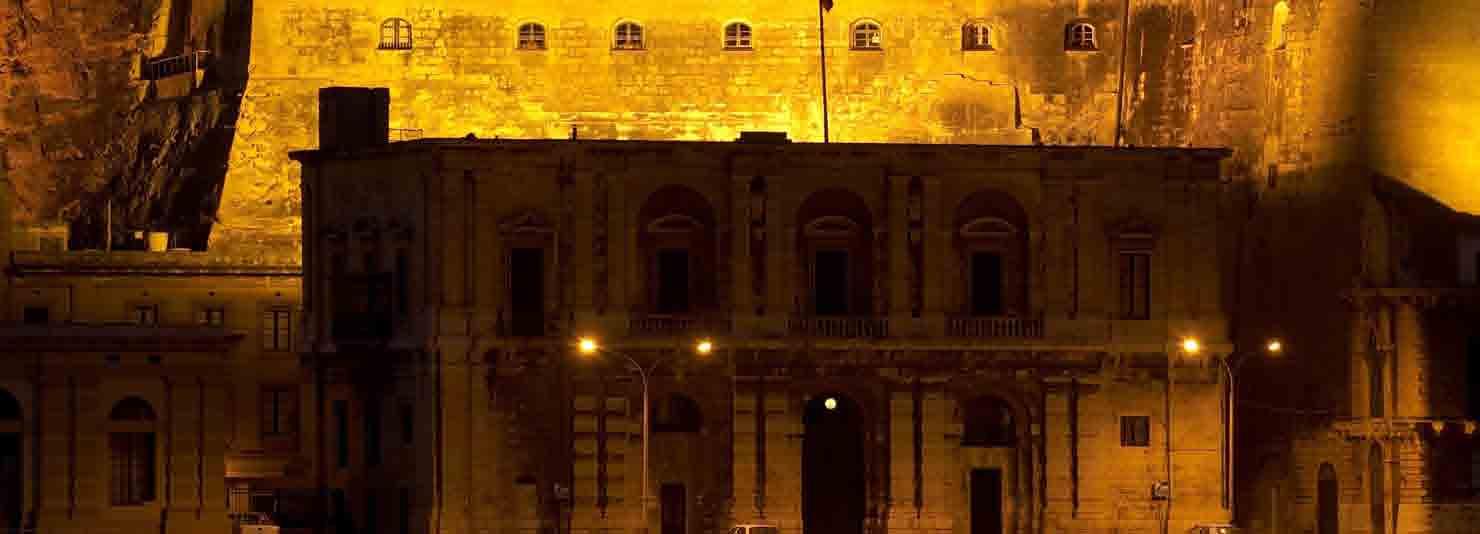
Buying a property in Malta is very safe and simple. Once a property has been decided upon and price and conditions have been agreed, a preliminary agreement (also referred to as a Promise of Sale or konvenju) is signed between the vendor and purchaser. This agreement binds both parties to purchase/sell the immovable property under the terms and conditions agreed upon.
The signing of the final deed is, however, always subject to clear title and the issue of any relative permits to purchase, if necessary. The agreements and contracts are written in English.
On signing the preliminary agreement, a sum equivalent to 10% of the price is normally lodged with the agent or notary public. This deposit will normally be forfeited in favour of the vendor should the purchaser fail to complete the final deed of transfer for no valid reason at law. In addition the equivalent of 1% of the stamp duty is paid at this stage.
The agreement is usually valid for 3 months or as mutually agreed by the parties. During the period between the signing of the preliminary agreement and the signing of the final deed of sale, a Notary Public engaged by the purchaser will carry out the necessary researches into the property to confirm good title, as well as submit the application for a permit to purchase, to the Ministry of Financeonly if such permit is necessary.
Once the relative permit has been issued and researches have proved clear title to the property, the final contract of sale may be entered into. The balance of the purchase price and stamp duty plus legal expenses are paid on the signing of the contract, when vacant possession to the property is handed to the purchaser.

As an indication, expenses connected with the acquisition of property can be summed up as follows:
fees (approx.)
In the case of EU Citizens who are purchasing a property as their primary place of residence, a stamp duty rate of 3.5% will be applicable on the first €150,000. These costs are the liability of the purchaser, whilst agency fees are borne by the vendor. Mortgage facilities are available for the purchase of property from all banks in Malta, subject to status.
Individuals who sell their first residential property to acquire another residential property are eligible to a refund of duty of up to €3,000 provided that they do not own any other property at that time. This measure applies for property acquisitions made during 2019.


When buying a property in Gozo, a reduced stamp duty of 2% applies for acquisitions made during 2019.

Non-residents who opt to purchase a property in Malta as a holiday home may freely purchase one property in Malta, subject to obtaining an AIP permit. This restriction does not apply to properties in Special Designated Areas and, in the case of EU citizens who buy property which is to serve as their primary residence, irrespective if they have been resident for at least five continuous years.
On the other hand, EU citizens who have been resident in Malta for at least five continuous years may purchase any number of properties they wish. Where one of the spouses is an EU citizen and the other spouse is a non-EU citizen, both can likewise benefit from the exemption outlined above and acquire property without the necessity of obtaining an AIP permit, provided the acquisition is being made to establish therein their primary residence.
An AIP permit is not required if one is purchasing the property for residence purposes, as an investment or to conduct one’s business activity. In such a case, a declaration reflecting the purchaser’s intention for the acquisition should be inserted in the relative contract of purchase.
Where the purchaser requires an AIP permit, the property must satisfy a certain minimum value which changes periodically. Such thresholds currently stand at around €122,000 in the case of apartments, maisonettes and penthouses, and €203,000 in the case of villas, town houses and any other properties. These values are linked to the property price index and may be subject to minor revisions periodically.
EU citizens, who have NOT resided in Malta for at least 5 years, but have the intention of purchasing their primary residence i.e. take up residence in Malta, do not require a permit.
Citizens of all EU member states, who have resided in Malta continuously for a minimum period of 5 years at any time preceding the date of acquisition, may freely acquire more than one immovable property without the necessity of obtaining a permit.
No permit is required to purchase immovable property required for their business activities or supply of services, including property purchased as a rental investment.
Special Designated Areas are prime residence areas where the conditions of acquisition are the same for Maltese and foreign residents. Property in Special Designated Areas is intended to provide top-end facilities and amenities such as restaurants, supermarkets, spas and marinas within the same area. When a foreign national (EU and non-EU) purchases a property in a Special Designation Area, no AIP permits or other restrictions whatsoever apply. What’s more, they can purchase any number of units within such developments and once such property is acquired, it may be leased out without any restrictions.
An entity, body or association of persons established in a European Union member state may freely acquire immovable property that is required for the purpose for which it has been set up as long as it is directly controlled by citizens of a European Union member state. Any other entity, body or association of persons which is owned or controlled by non-EU nationals will require a permit, which is only granted if the property is required for an industrial or touristic project or as part of a project which is seen as contributing to the development of the economy of Malta.
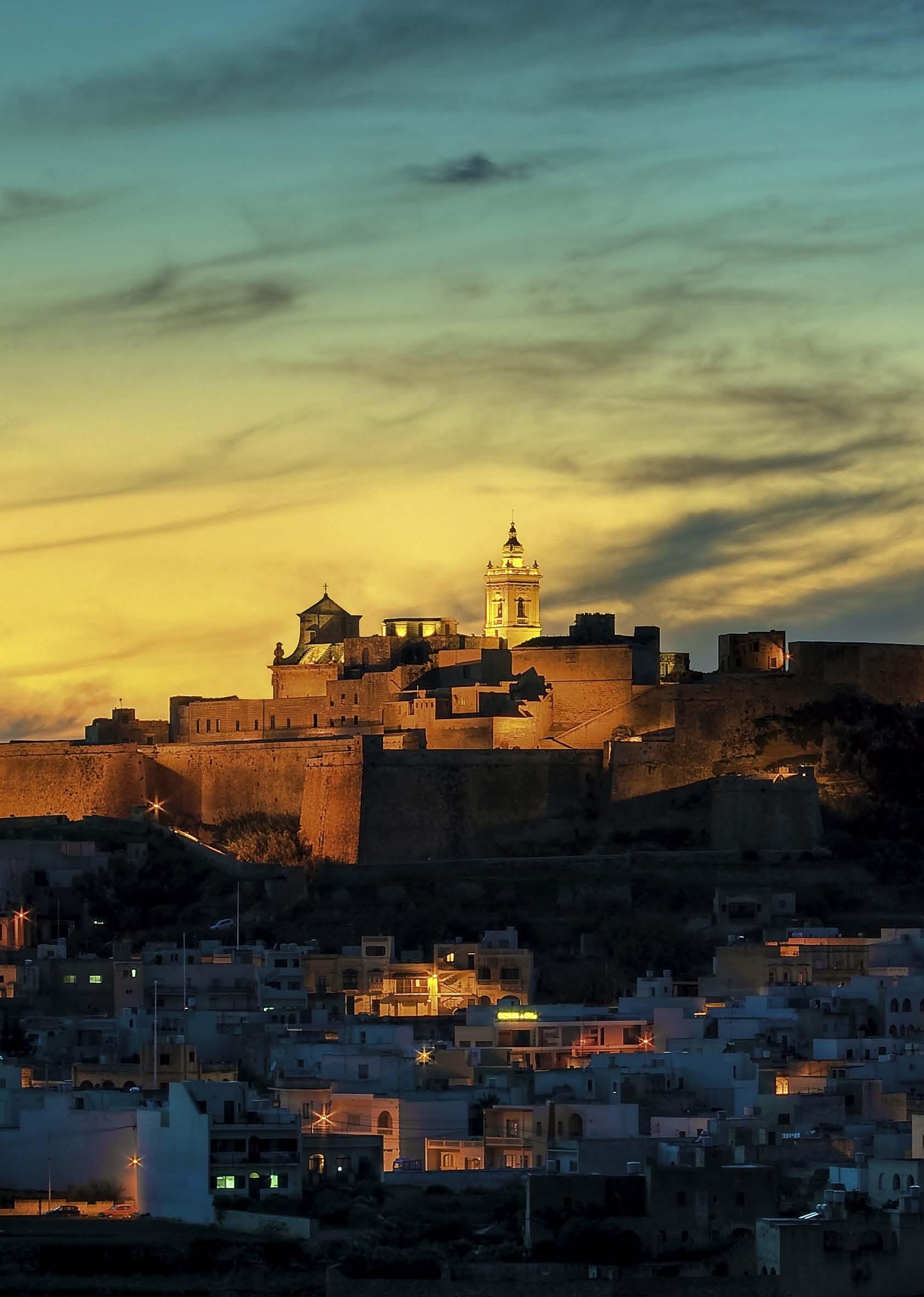
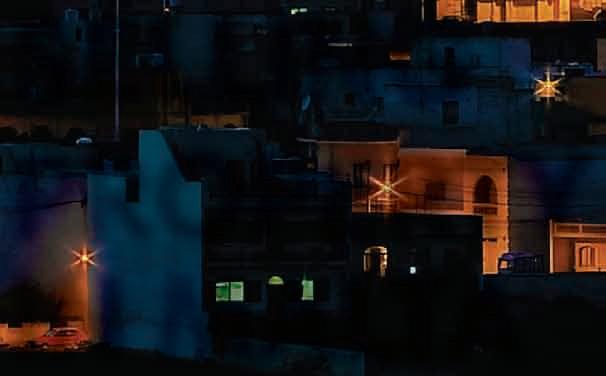
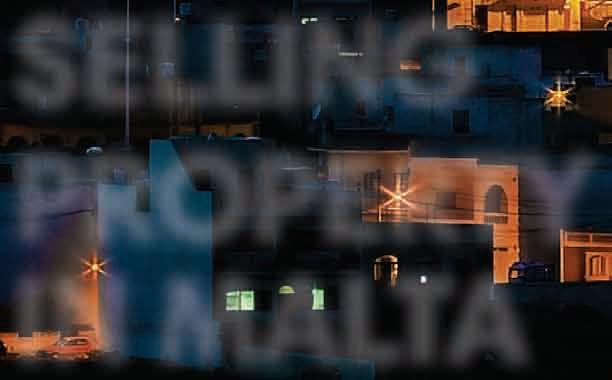
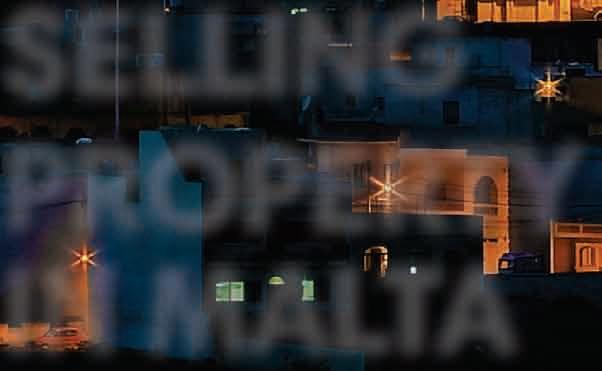
No tax on capital gains is charged on transfer of immovable property in Malta. However a property transfer tax is applicable, in the form of a Final Withholding Tax.
No Property Transfer Tax is due when the property being transferred has been the transferor’s ordinary residence for at least 3 consecutive years immediately preceding the date of transfer; and has not been vacated by the transferor for more than 12 months prior to the date of the deed of transfer.
As a general rule, a final with holding tax at the rate of 8% on the transfer value of the property being transferred is applicable. However, there are some exceptions, these being as follows:
• If the property was acquired by the transferor prior to the 1st January 2004, the final withholding tax is at the rate of 10% of the transfer value;
• If the deed of transfer is concluded within 5 years from when the transferor acquired the property, and the transferor is an individual who does not trade in immovable property, the final withholding tax is at the rate of 5% on the transfer value.
Other exemptions exist when the transfer relates to the transfer of an immovable property which originates from a transaction within the same group of companies, or a transfer between spouses consequent to a change of the matrimonial regime (including a legal separation and/or divorce).
Property Sales Tax on the transfer of immovable property acquired through inheritance (Causa Mortis) is charged at the rate of 12% on the excess of the transfer value over the value as declared in the deed of Declaration of transfer by cause of death; and at the rate of 7% of the transfer value, if the property was inherited before the 25th November 1992.
Property Sales Tax on the transfer of property acquired from a donation is charged:
• at the rate of 12% on the excess of the transfer value over the value as declared in the deed of donation, where the transfer is effected after 5 years from the date of the deed of donation;

• at the rate of 12% of the transfer value, if the property is transferred prior to 5 years of its acquisition.
In cases where Property Transfer Tax may be/is due, we may with the assistance of our Tax Consultants assist you in applying the appropriate measures.
It very much depends on the type of property in question, the location and more importantly the level of finishing and the furniture. Many prefer to rent out properties that are in the proximity of their workplace with Sliema, Msida, St Julians, Gzira, San Gwann, Swieqi and the surroundings being most sought after, however other areas in the South and North of Malta as well as Gozo offer good rental investment potential.
Special Designated Areas, such as Portomaso, Pendergardens, Tigne Point and Fort Cambridge offer high-end rental investment property options, however smaller units in the region of €200,000 to €300,000 can still yield very attractive returns.
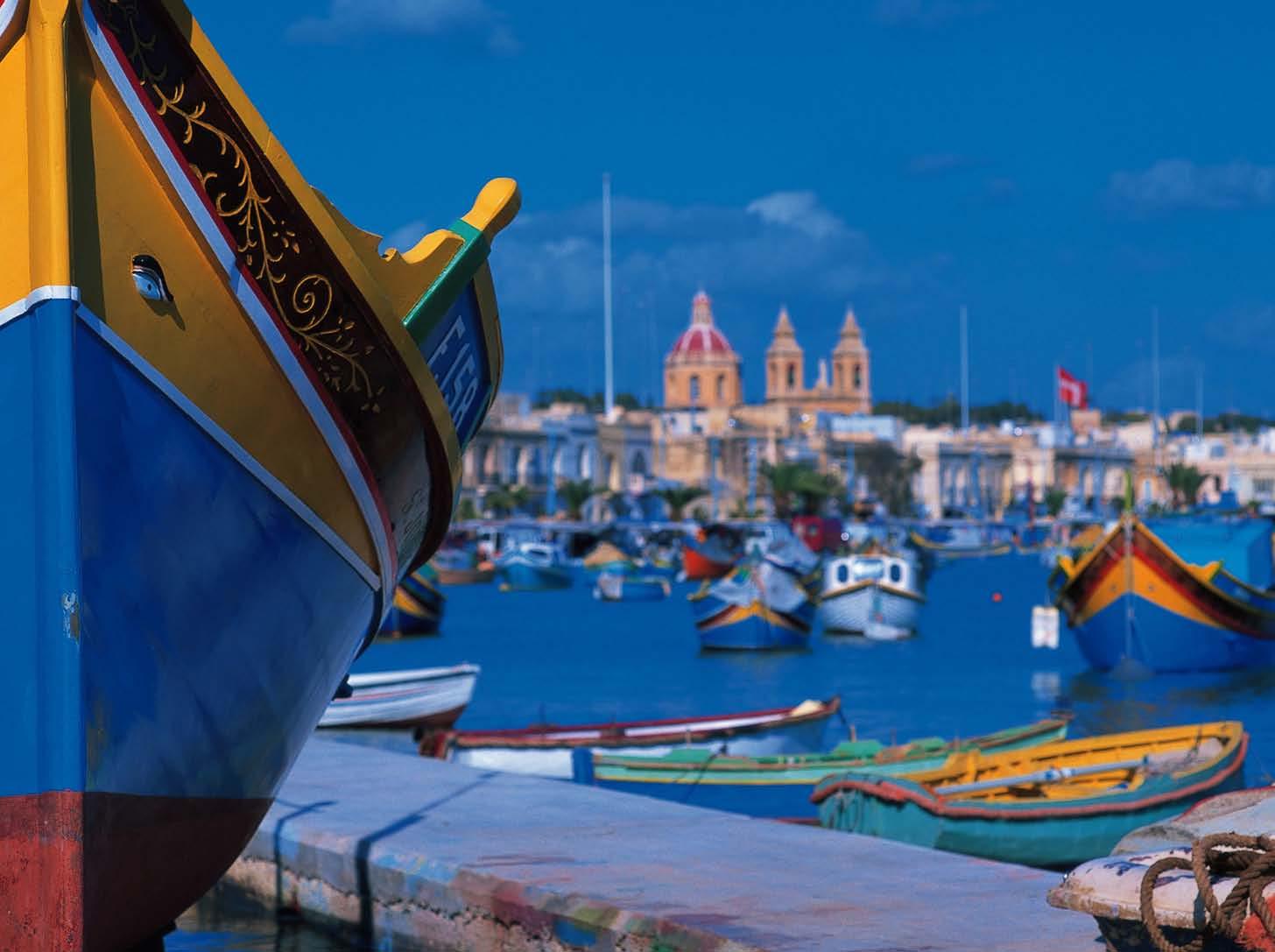
Proper finishings and modern furniture is a plus, with all standard appliances and daily commodities being expected by the tenant. Typical cost of furnishing range between €20,000 and €50,000, depending on quality of furnishings and size of apartment.
Properties with a lock-up garage or a carport tend to augment the rental return by 5% to 10%.



At present rental return on property in Malta is estimated between 4% to 7% per annum.
One other aspect to keep in mind when considering a rental investment is that a loan repayment is likely to remain constant over time, inflation and the cost of living are likely to keep increasing and demand for property from people relocating to Malta will keep creating demand for rental properties.
It is possible for foreign nationals owning property in Malta to rent their property out to third parties, both for long/short let. The only excpetion is if the property was purchased with an AIP. A short-let licence is always required from the Ministry of Tourism.
A long-let licence is not always required, but is dependent on the tenant renting the property. If a tenant is: studying, working in Malta, a Maltese citizen or applying for citizenship via the Malta Individual Investor Programme (MIIP) or has resided in Malta for over twelve months, then a long-let licence is not required.
Landlords have two options of what tax procedure to follow:
Pay a flat rate of 15% as final tax on the gross rental income;
Pay at the progressive tax rates, less the deductions provided for by Maltese tax legislation, which include any ground rent paid on the property, licence fees and interest on loan and a further deduction equal to 20% of the net rental income.
Owners of more than one property must tax all the properties at the same option.
Landlords in Malta are not required to charge VAT. Exceptions to this rule include:
Letting for the purposes of holiday or short let accommodation, in which case the chargeable rate is 7%;
Letting of property by a limited liability company to another tax-registered person to carry out an economic activity. VAT chargeable on such transaction will be 18%.
Frank Salt Real Estate, can help with the finishing and furnishing of the property through our after-sales division as well as management of the property, turning the entire undertaking and day-to-day running into a simple job.
Very easy integration within local communities.
Relatively crime free and very safe to live in.
English and Maltese are the official languages of the Islands and all Maltese speak English fluently. Other languages also commonly spoken.
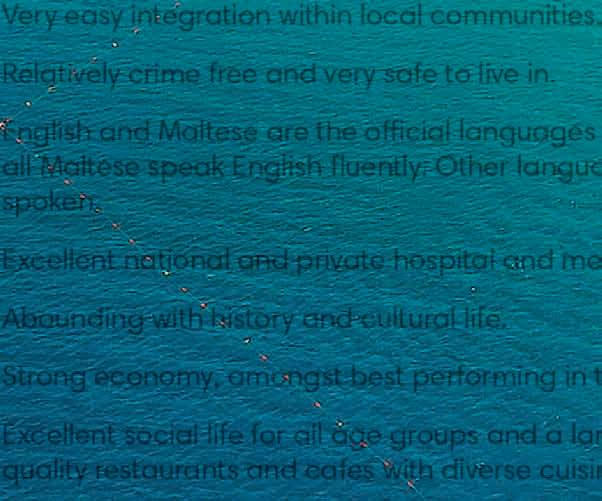
Excellent national and private hospital and medical services.

Abounding with history and cultural life. Strong economy, amongst best performing in the Eurozone.
Excellent social life for all age groups and a large selection of top quality restaurants and cafes with diverse cuisine.
Surrounded by crystal clear seas and several sandy beaches.
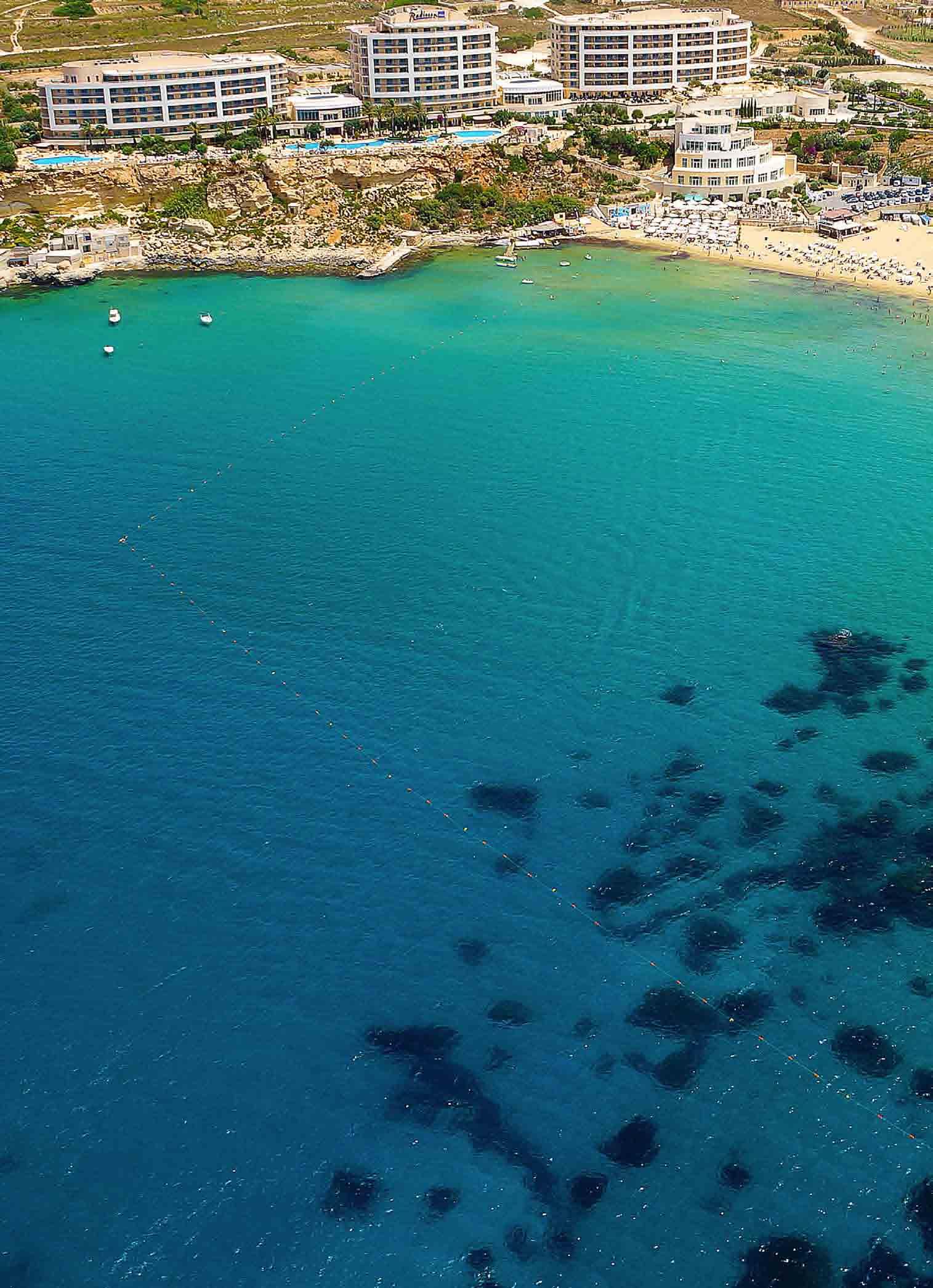
Very good sporting facilities. World class diving, sailing and other water sports.
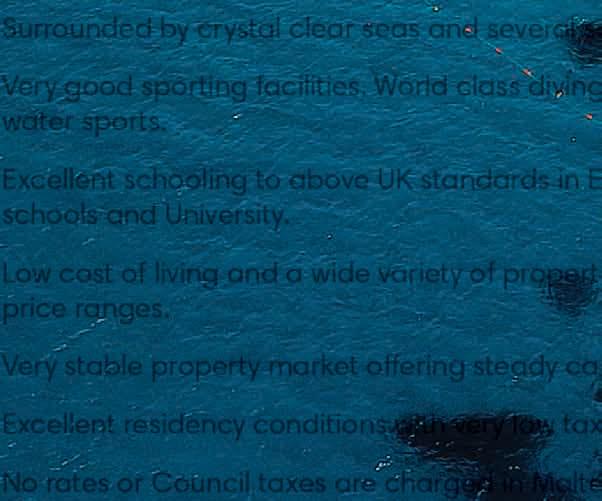

Excellent schooling to above UK standards in English speaking schools and University.
Low cost of living and a wide variety of properties available in all price ranges.
Very stable property market offering steady capital growth.
Excellent residency conditions with very low taxation. No rates or Council taxes are charged in Malta.
Frank Salt Real Estate Head Office 2, Paceville Avenue, St Julian’s, STJ 3109, Malta +356 2379 4000 fs@franksalt.com.mt www.franksalt.com.mt
